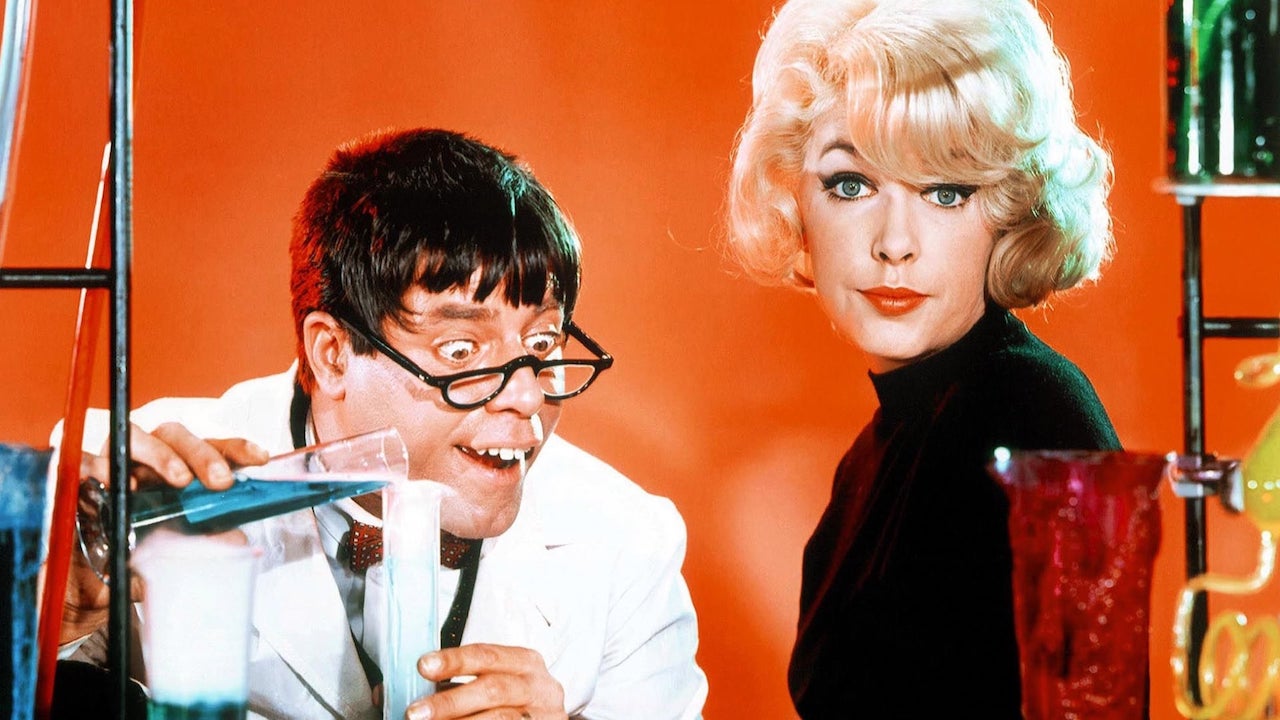Archive of capsule reviews for films formerly on Paramount+
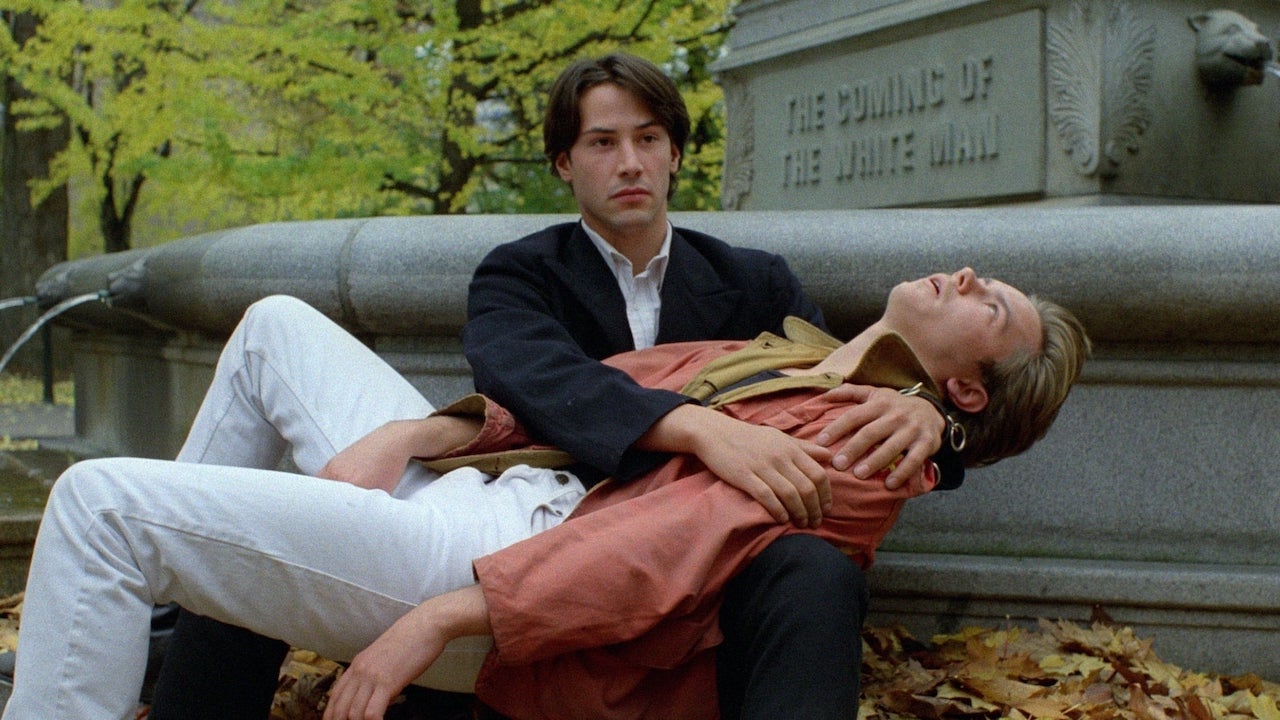
With films regularly added and subtracted from Paramount’s mountain of streaming entertainment, we’ve preserved Craig Mathieson’s short capsule reviews here: click each link to find the film’s new streaming home.

300 (2007)
Historians might recognise little in this stylised depiction of the Battle of Thermopylae in 480 B.C., when a few hundred Spartan warriors held off tens of thousands of Persian invaders, but it’s the definitive expression of Zack Snyder’s slow-motion succulence. The soundstage tableaus and ripped musculature highlight the defiance of King Leonidas (Gerard Butler) in this comic book fantasia.

About Schmidt (2002)
Alexander Payne’s follow-up to his classic high school black comedy Election leapt generations, casting Jack Nicholson as a newly retired insurance salesman struggling to make sense of his life. It’s a bittersweet character study, which removes the devilish smile from an admirably disciplined Nicholson’s screen persona, even as the mood ebbs and flows through a turning point road trip.
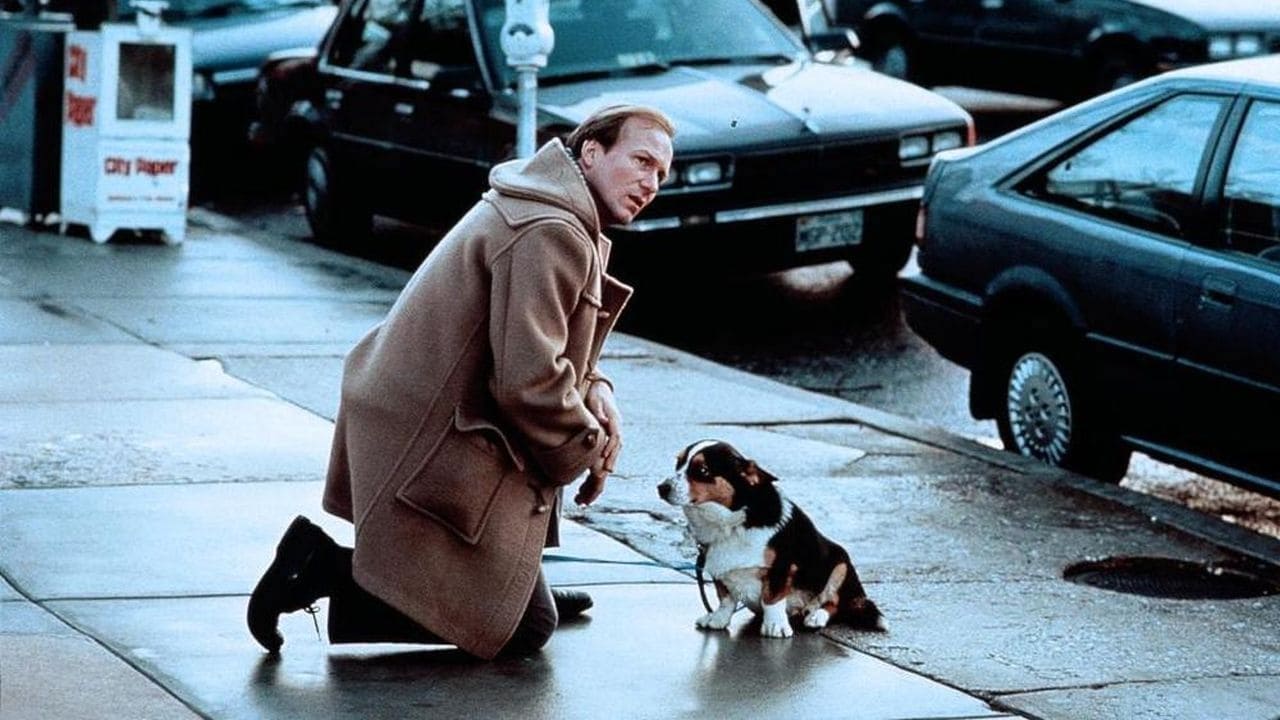
The Accidental Tourist (1988)
Lawrence Kasdan helped write some of the key blockbusters of the 1980s—The Empire Strikes Back and Raiders of the Lost Ark!—but his own directorial features were far more eclectic, including this blithe romantic drama where William Hurt is a grieving travel writer torn between Kathleen Turner as his wife and Geena Davis (who nabbed an Academy Award for the performance) as a free spirit.
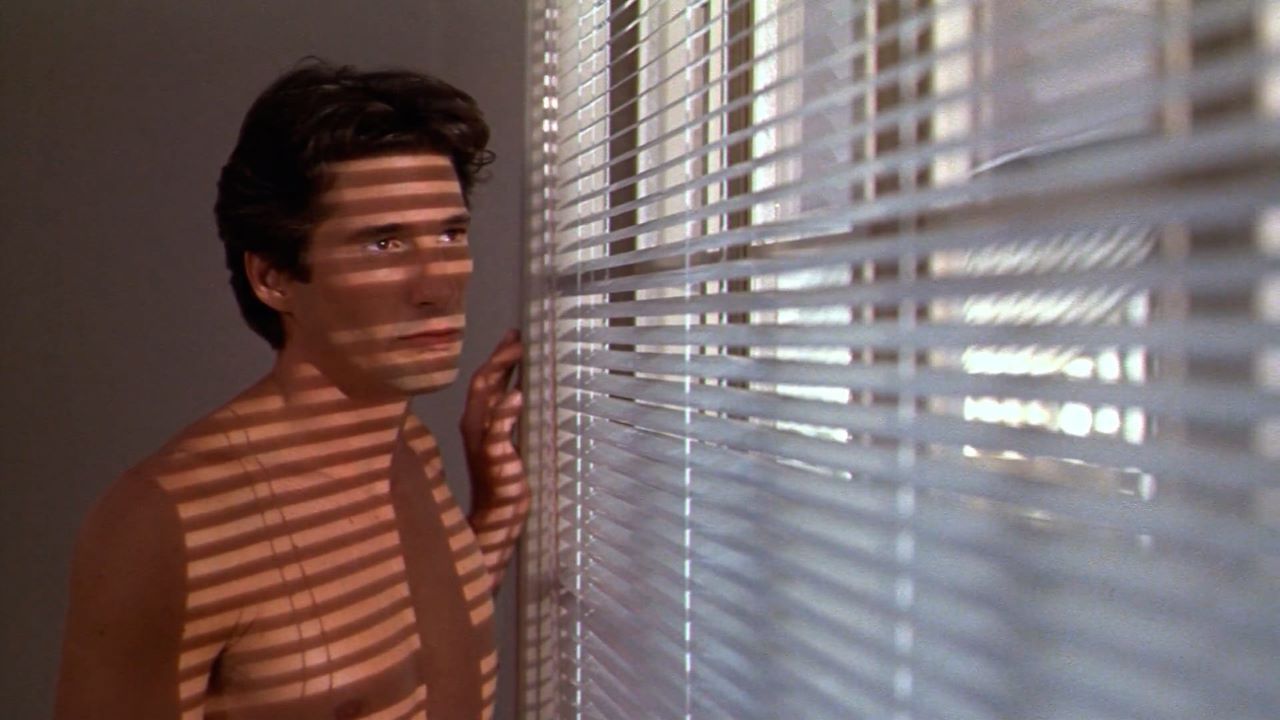
American Gigolo (1980)
In this gilded, prescient thriller—complete with a Robert Bresson homage—from Paul Schrader that foresaw the decade to come, Richard Gere plays a Los Angeles escort whose sense of physical and emotional control is tested after he’s drawn into a criminal conspiracy.
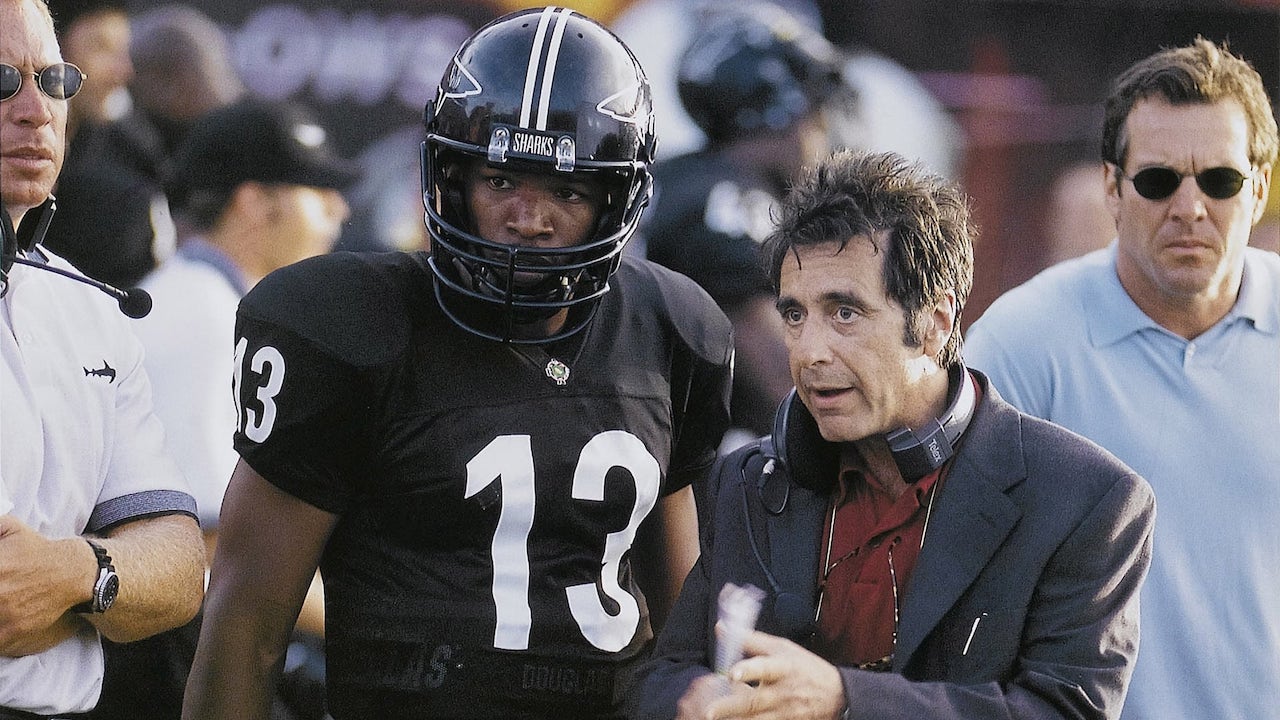
Any Given Sunday (1999)
Everything is a war—declared or not—through the lens of Oliver Stone, so he took to the bruising contact, business machinations, and cultural fault lines of America’s National Football League with maximal abandon. Jamie Foxx’s young rookie is mentored by Al Pacino’s ageing coach, who ultimately delivers a half-time speech beloved by sports guys everywhere.
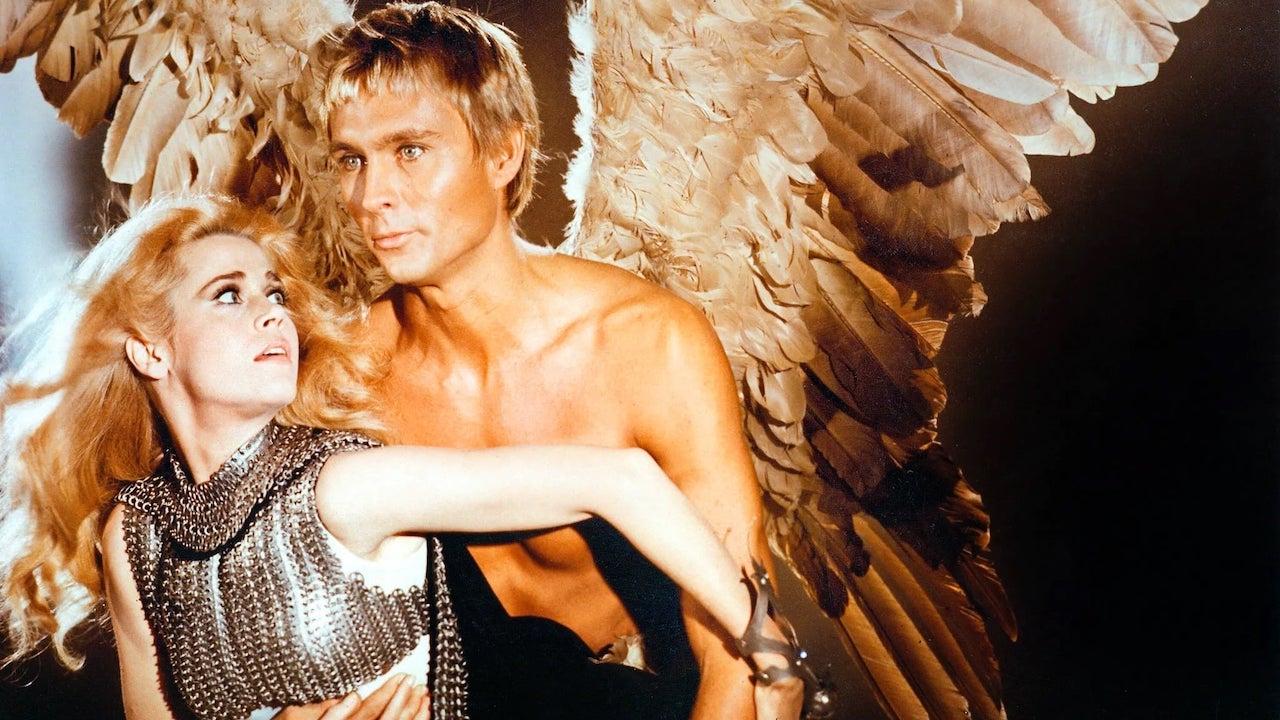
Barbarella (1968)
Science-fiction went full counterculture in this discombobulated outer space adventure where Jane Fonda, liberated from the lifelong confines of Hollywood, plays an interplanetary adventurer on a decidedly oddball mission. Directed by Fonda’s then husband Roger Vadim, the disjointed plot and gaudy sets frame a sexually liberated reimagining of the star’s persona, including a celebrated zero gravity undressing scene.
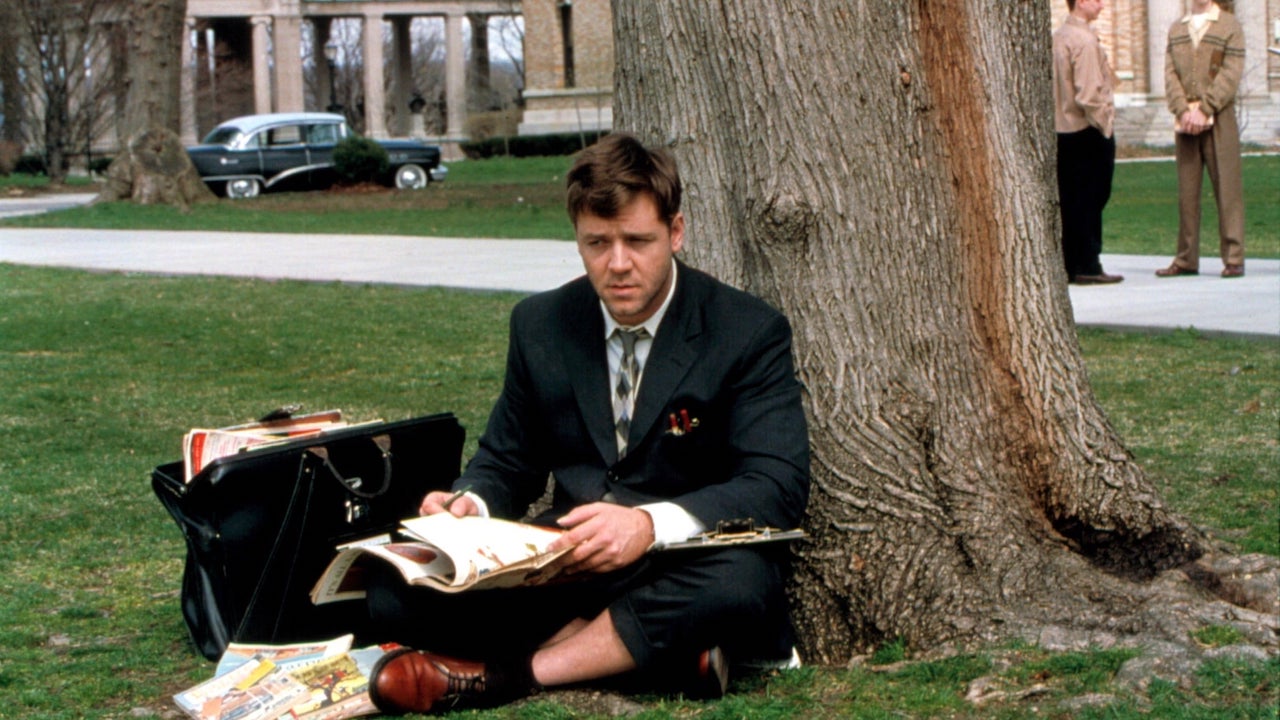
A Beautiful Mind (2001)
An Academy Award winner for Best Picture and Best Director, Ron Howard’s biopic of influential mathematician John Nash (Russell Crowe) subtly upends the Great Man trajectory. A genius with paranoid schizophrenia, Nash’s professional and personal life is governed by delusion, so that the gap between fantasy and achievement is narrow. The film is a stately, quietly triumphant study of fragility.
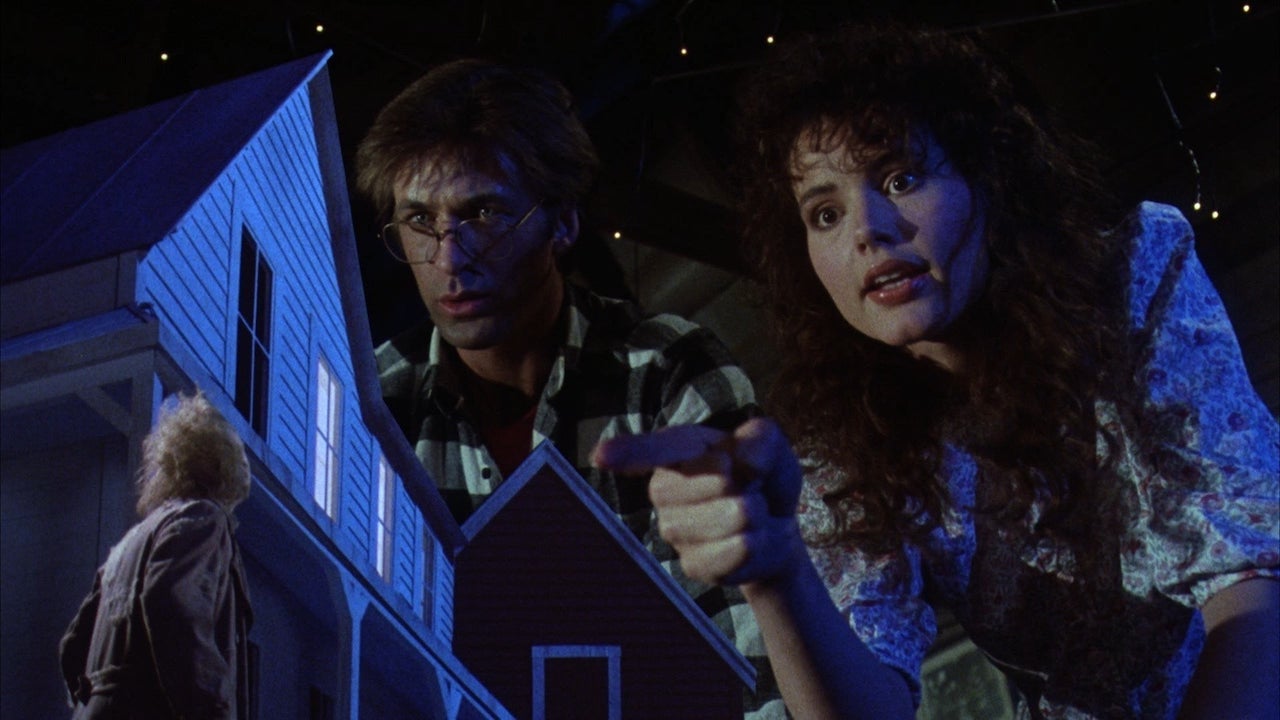
Beetlejuice (1988)
Tim Burton’s macabre sensibility met classic Hollywood screwball in this madcap comedy about a ghostly young couple (Alec Baldwin and Geena Davis) who invite the titular ghoul (Michael Keaton) into their home to teach them how to scare off the dreadful new owners. The result is fierce, funny, and fearlessly exact.
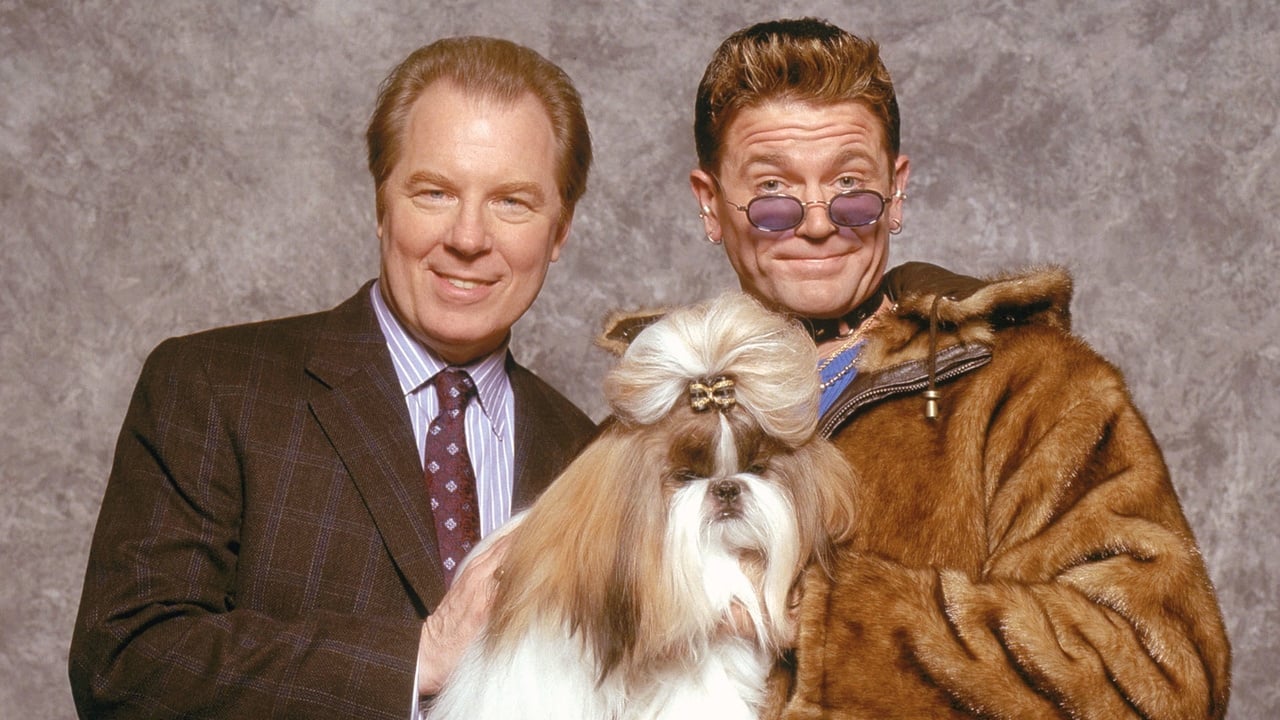
Best in Show (2000)
Christopher Guest’s mastery of the improvised ensemble comedy, which revealed itself with This is Spinal Tap, peaked again with this deliriously antic piece about the flawed dog owners bringing their charges (and personal foibles) to a storied competition. Eugene Levy, Jennifer Coolidge, and Parker Posey are masterful, but nothing can top Fred Willard as an idiotic television commentator.
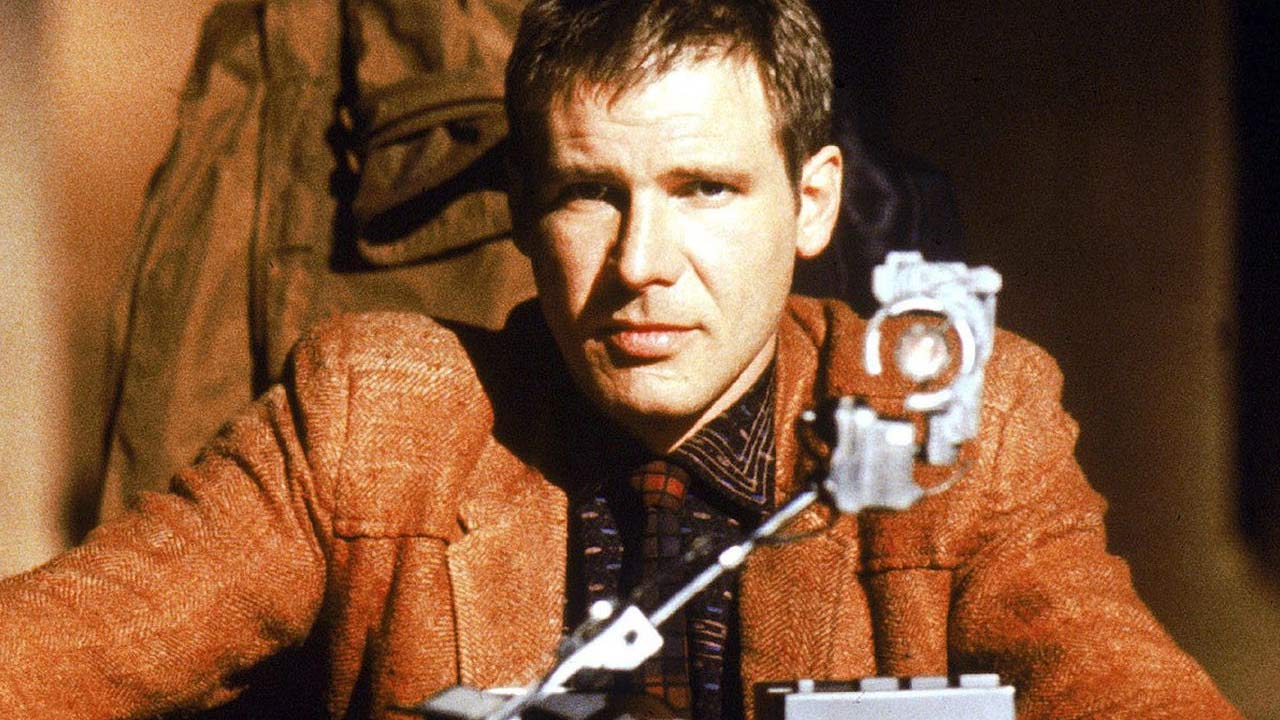
Blade Runner (1982)
Whatever the edit, Ridley Scott’s dystopian noir about a former police detective (Harrison Ford) hunting to terminate a group of escaped androids through 2019 Los Angeles is a science-fiction masterpiece. With a beautiful, haunted Rutger Hauer as the artificial antagonist, the movie takes cinematic wonder into inescapable tragedy.
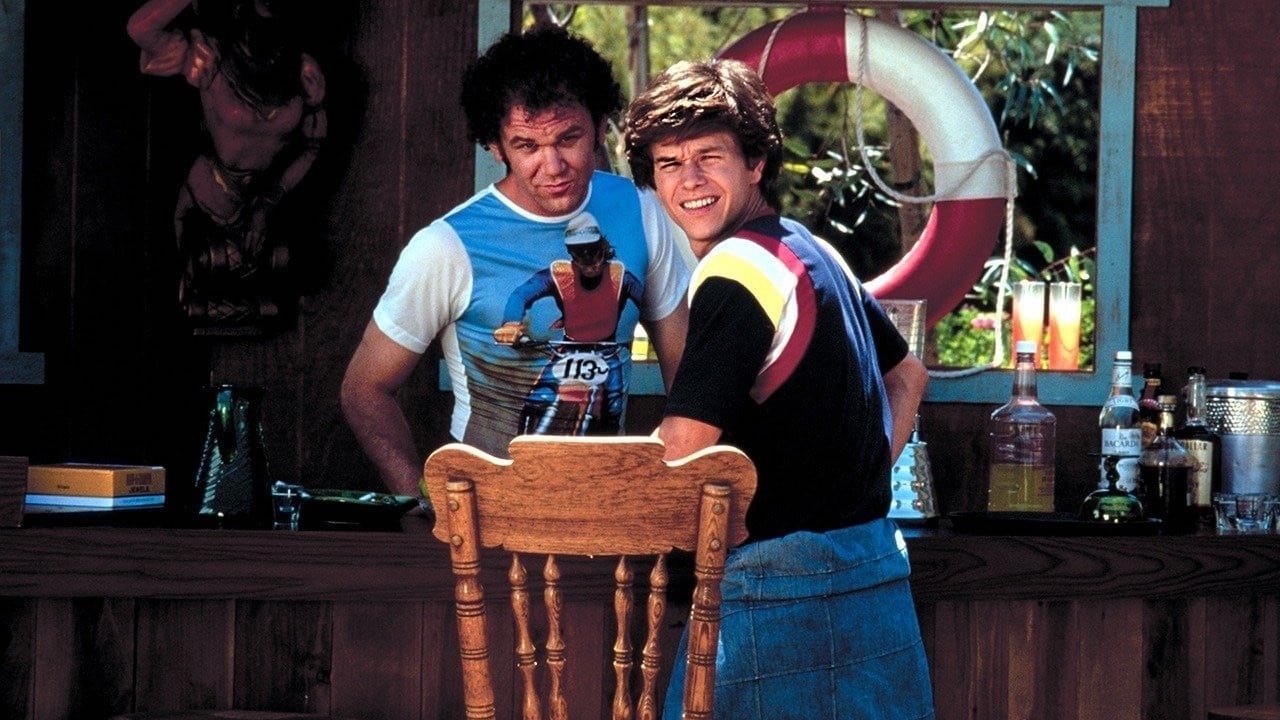
Boogie Nights (1997)
With one virtuosic set-piece after another, Paul Thomas Anderson’s second feature meets the rise and fall story of a budding adult film actor (Mark Wahlberg) and burgeoning industry he joins with rapturous fascination. Cinematic exuberance has rarely been so torrid.
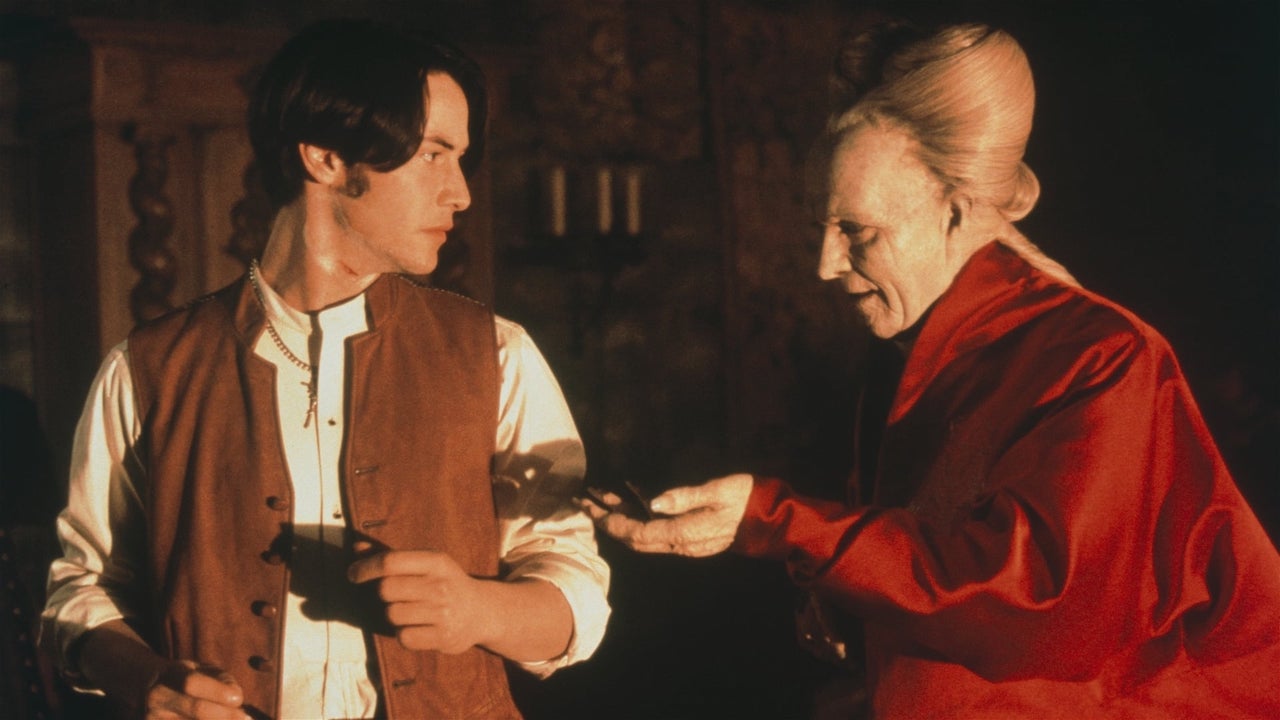
Bram Stoker’s Dracula (1992)
Francis Ford Coppola’s Gothic masterpiece gives romantic obsession, loving cinematic invention (some of the techniques used are from the dawn of the medium), and full, ripe performances (excluding Keanu) to the 19th century tale of Gary Oldman’s Transylvanian Count, who pursues Winona Ryder’s Nina Harker while being hunted by Anthony Hopkins’ Professor Van Helsing.

Closer (1993)
No stranger to the scything exchanges of fractious relationships (see Who’s Afraid of Virginia Woolf?), Mike Nichols turned Patrick Marber’s barbed London stage play about four people entangled in desire and self-deception into a charged drama. The cast is star power put to perfect use: Julia Roberts, Natalie Portman, Jude Law, and Clive Owen.
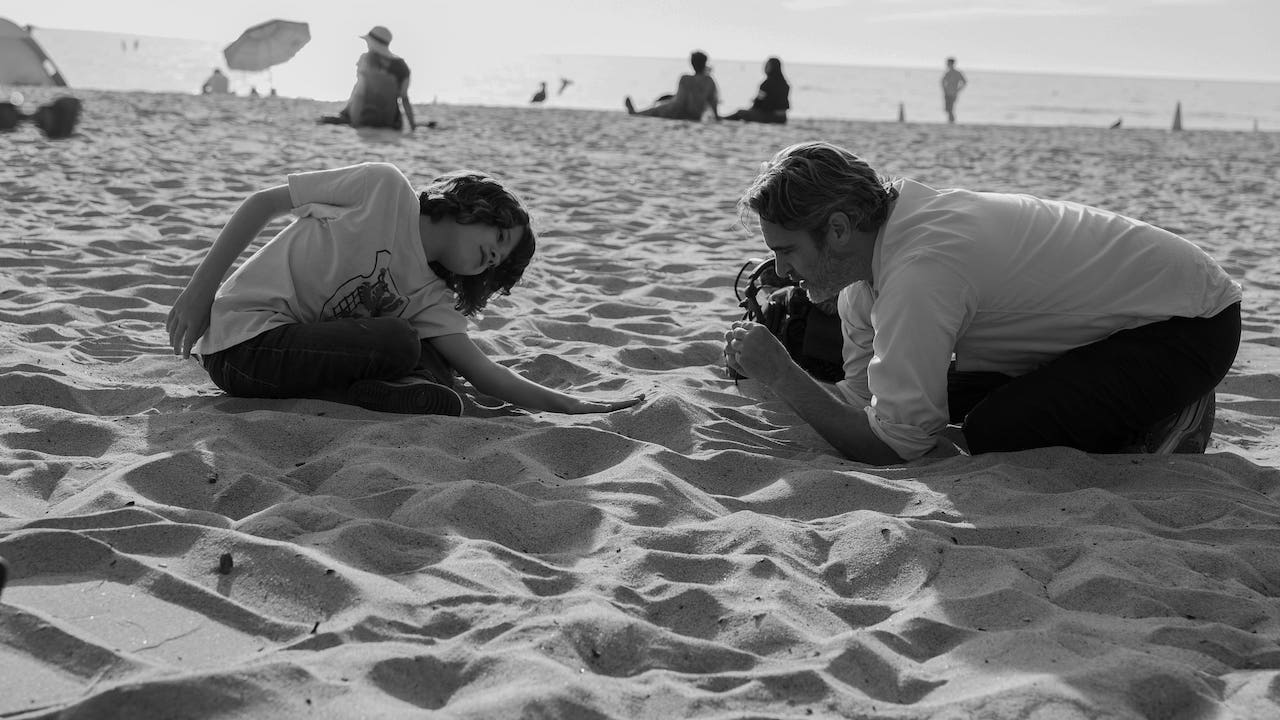
C’mon C’mon (2021)
Two mismatched generations being thrown together on the road is a storytelling staple, but American filmmaker Mike Mills (20th Century Women) gives it insight and genuine intimacy with his textured direction and idiosyncratic outlook. Joaquin Phoenix and young Woody Norman are the radio journalist and his nephew navigating each other’s flaws, in a movie about finding understanding in the distressed bonds of family.
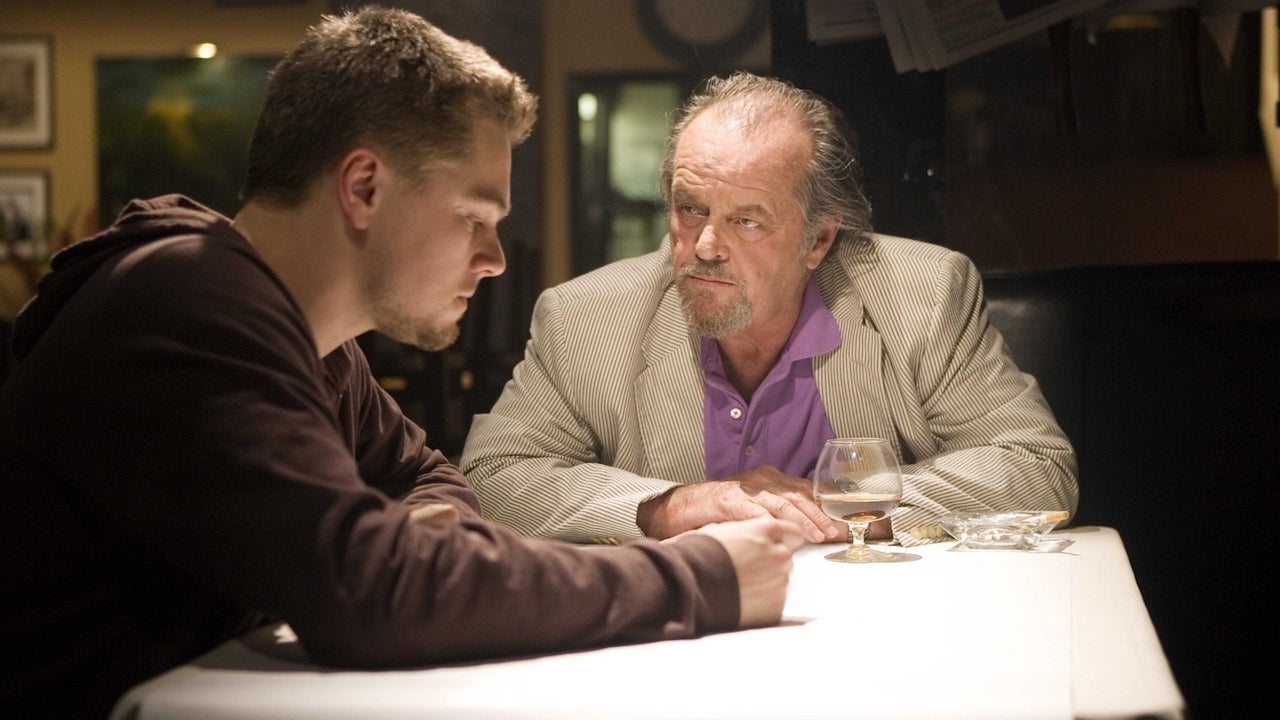
The Departed (2006)
Martin Scorsese was remaking the Hong Kong crime hit Infernal Affairs and thinking of 1930s Hollywood gangster classics, with this dual identity thriller where Leonardo DiCaprio and Matt Damon are cop and criminal respectively who infiltrate the other side. Jack Nicholson, Alec Baldwin, and Mark Wahlberg add pithy Boston punctuation, as the bodies and broken consciences pile up.
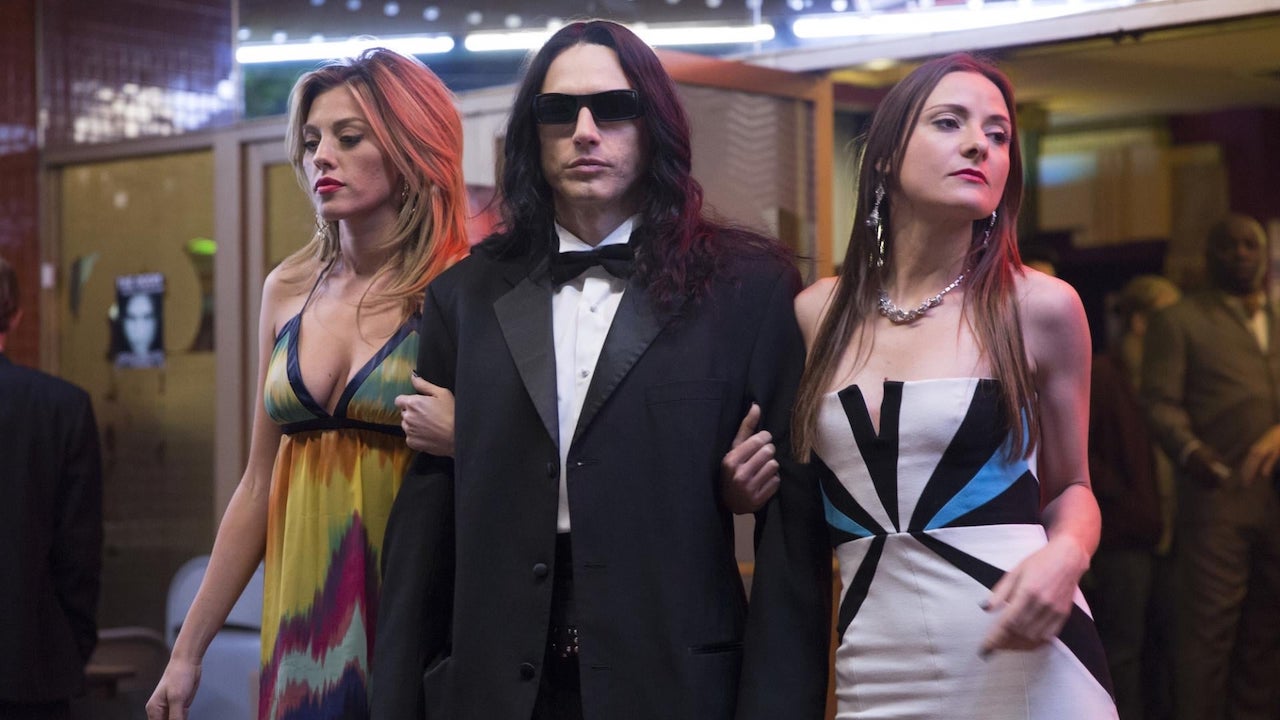
The Disaster Artist (2017)
The cult appeal of Tommy Wiseau’s The Room, the 2003 independent drama whose idiosyncrasies and ineptness made it a popular midnight movie, get the comic biopic treatment in this Franco brothers recreation, where director James plays the one-of-a-kind Wiseau and Dave plays Greg Sestero, his friend and co-star. It’s slight but generous—a paean to starstruck Hollywood outsiders.
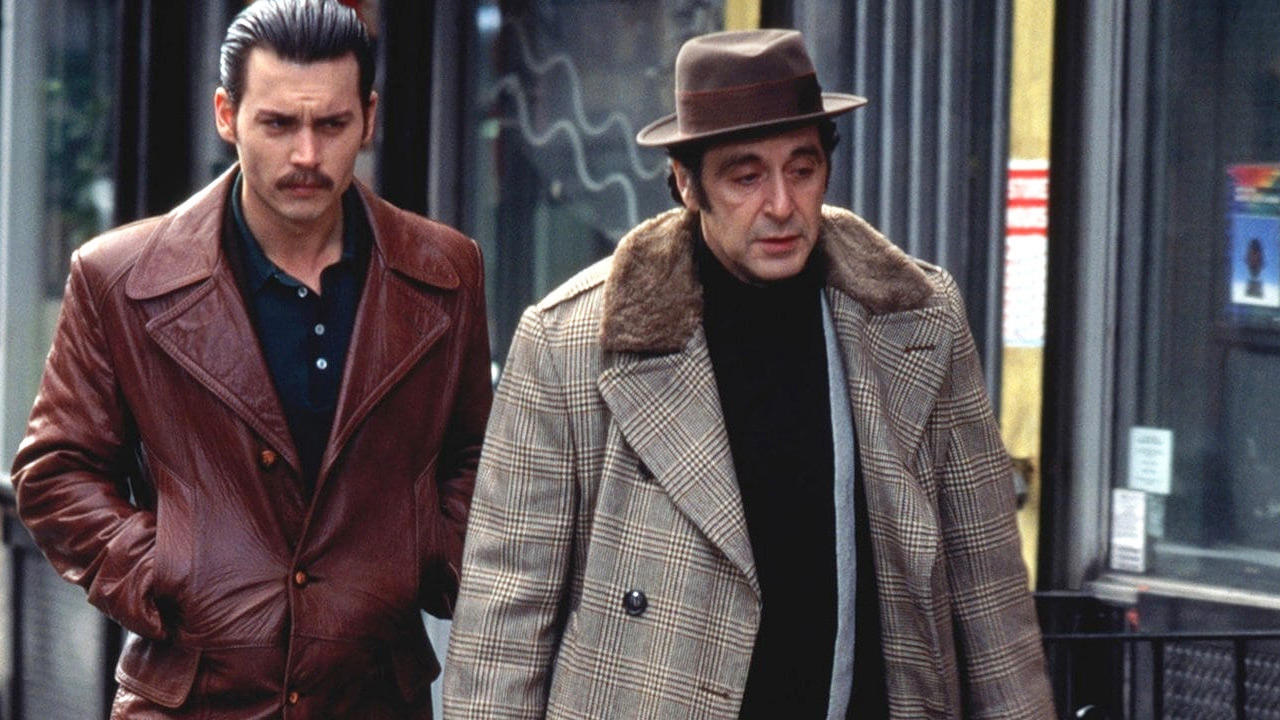
Donnie Brasco (1997)
Death of a Salesman for Mafia foot soldiers, this real-life story recounts the friendship between minor mobster ‘Lefty’ Ruggiero (Al Pacino) and young thief Donnie Brasco (Johnny Depp), who is in fact undercover FBI agent Joseph Pistone. Mike Newell’s detailed film reveals their mercantile struggle, while documenting how Joseph slowly disappears into his role.
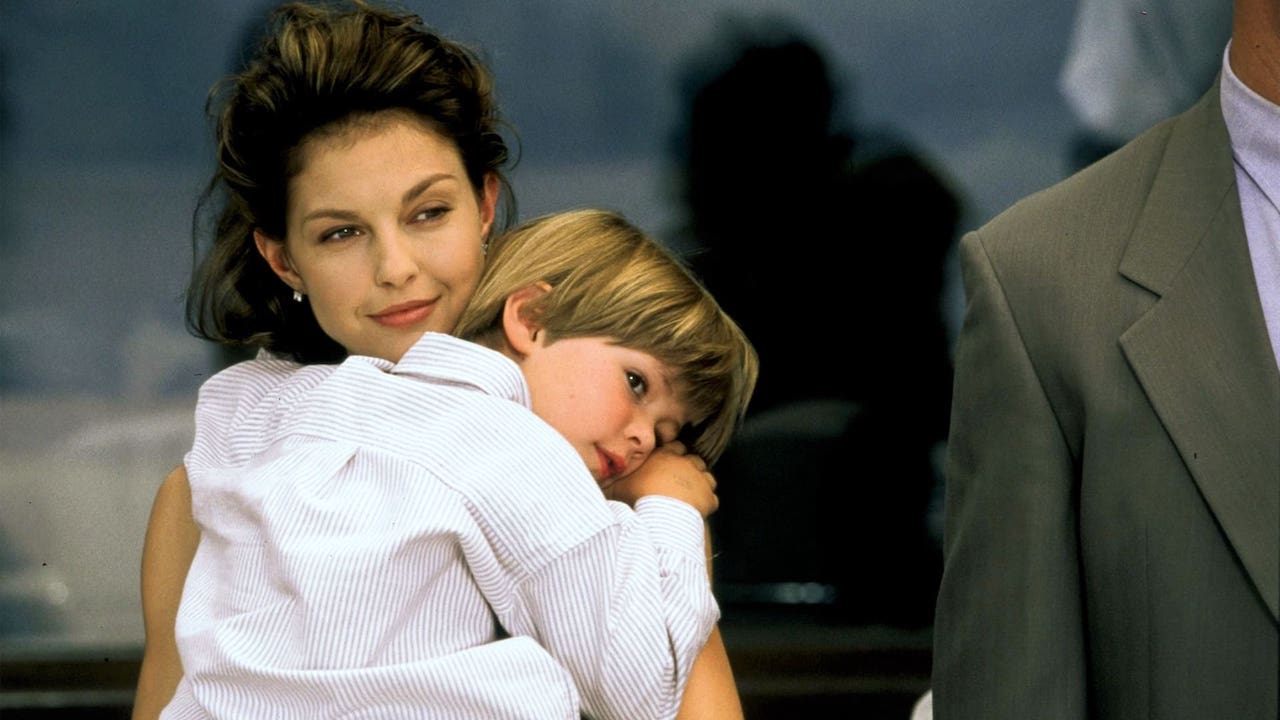
Double Jeopardy (1999)
Australian director Bruce Beresford, in one of his periodic Hollywood projects, took a ludicrous plot about a woman framed by her husband for his faked murder and gave it a primal matriarchal fury, as Ashley Judd’s wronged wife sets out for revenge. Tommy Lee Jones plays a familiar part as the pursuing lawman who becomes a sympathiser, but it’s Judd’s drive that makes the movie both enjoyable and compelling.
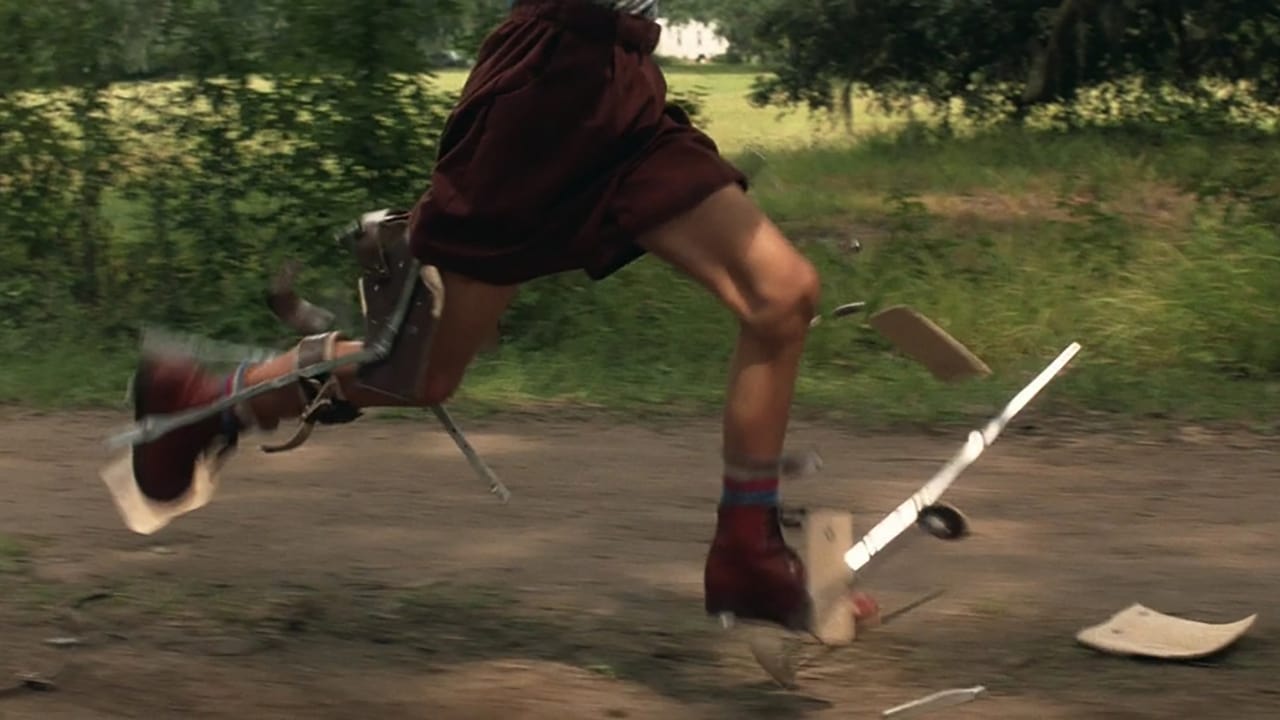
Forrest Gump (1994)
20th century American history is a monoculture in Robert Zemeckis’ fable about a simple southerner (Tom Hanks) who nobly stumbles through meeting Elvis, desegregation, and the Vietnam War with just the aphorisms and good manners handed to him by his mother (Sally Field). He’s a saintly bumpkin, forever in the right place.
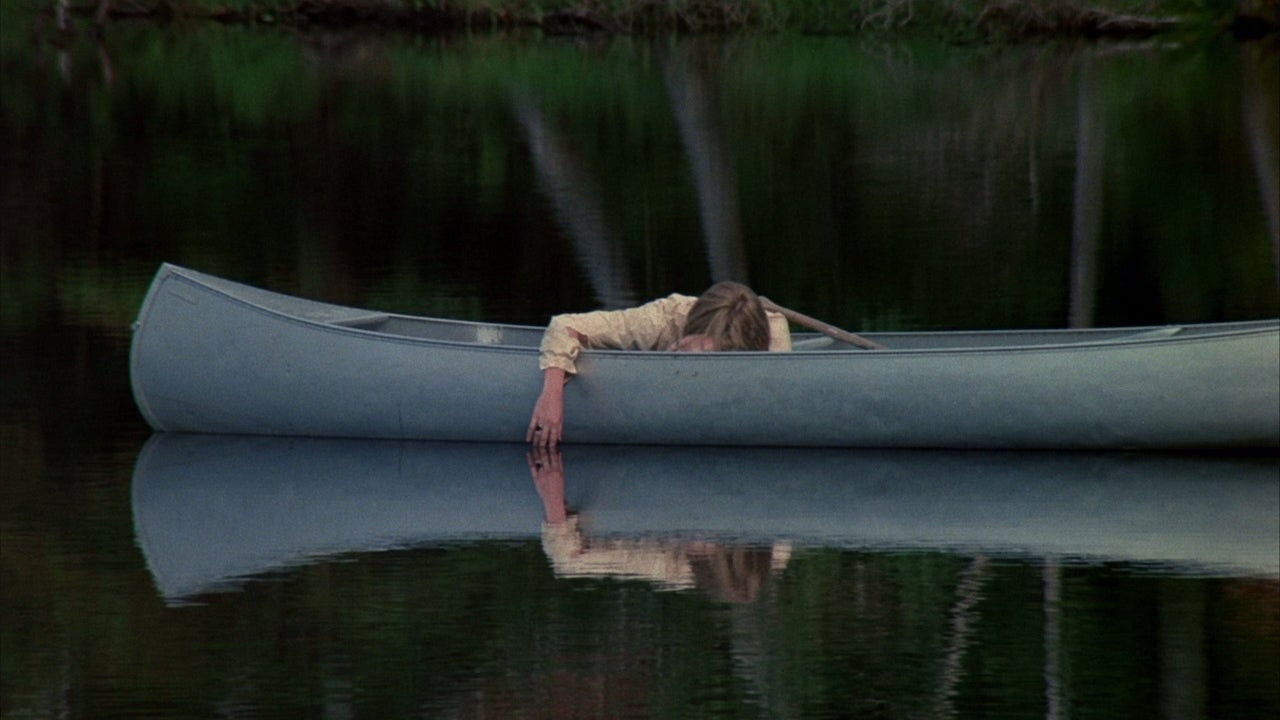
Friday the 13th (1980)
Conceived and released in the wake of Halloween’s success, Friday the 13th detonated its own slasher franchise, establishing the genre’s connection to summer camps, untrammelled teen sexuality, and murderous antagonists. It’s not a great film, but it’s a cornerstone of the modern horror movement that has led to both sequels and satire.
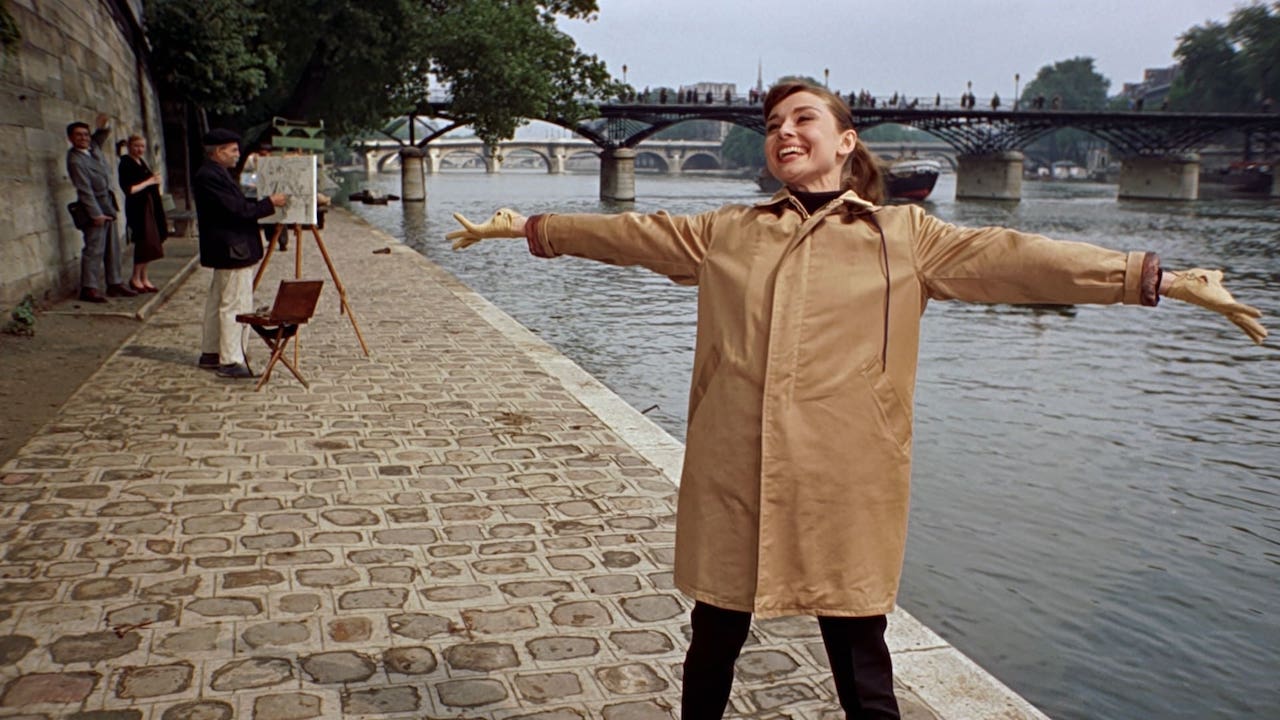
Funny Face (1957)
Stanley Donen was the master of the musical romantic comedy and he made few better than this fish-out-of-water tale—with songs by George and Ira Gershwin—about a philosophy student (Audrey Hepburn) who becomes the unlikely muse of a celebrated fashion photographer (Fred Astaire). It’s a time capsule in part, but it feels timeless whenever the two leads are playing off each other.
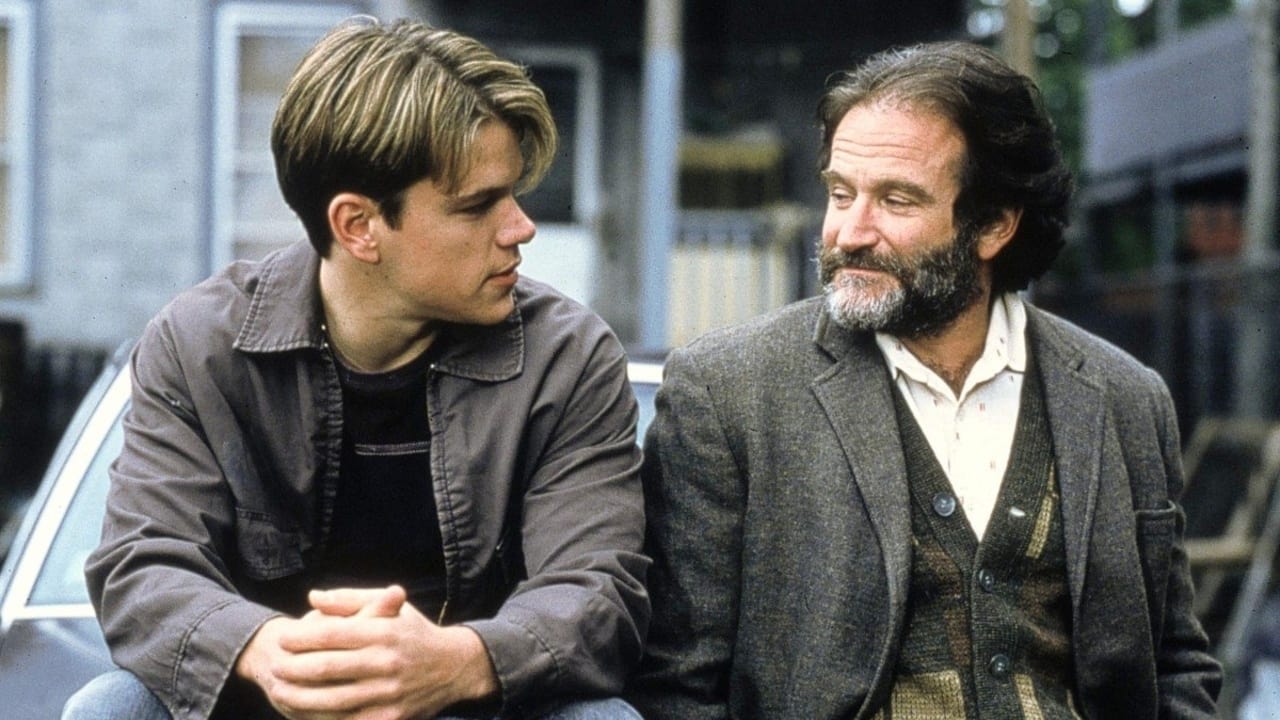
Good Will Hunting (1997)
Written by then-unknowns Ben Affleck and Matt Damon and given melancholy and a palpable milieu by Gus Van Sant, this coming-of-age drama about Damon’s unlikely genius is an engaging study of Boston working class mores, the constrictive guilt of trauma, and the flowering of relationships.
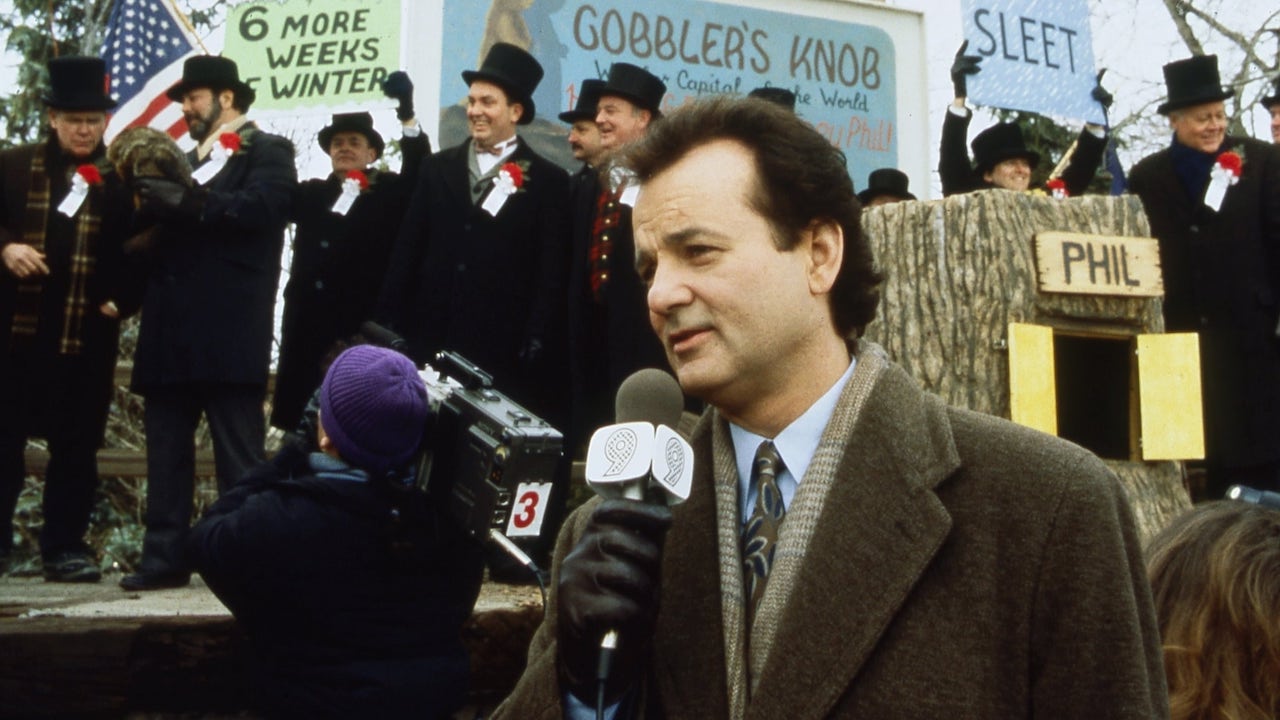
Groundhog Day (1993)
A comedy so perfectly crafted that it appeals after countless viewings, Harold Ramis’ classic stars Bill Murray as an abrasive weatherman whose outside broadcast traps him in a day that he lives in on endless repeat. The existential conundrum is both hilarious and telling, complete with Andie MacDowell as the perfect foil.
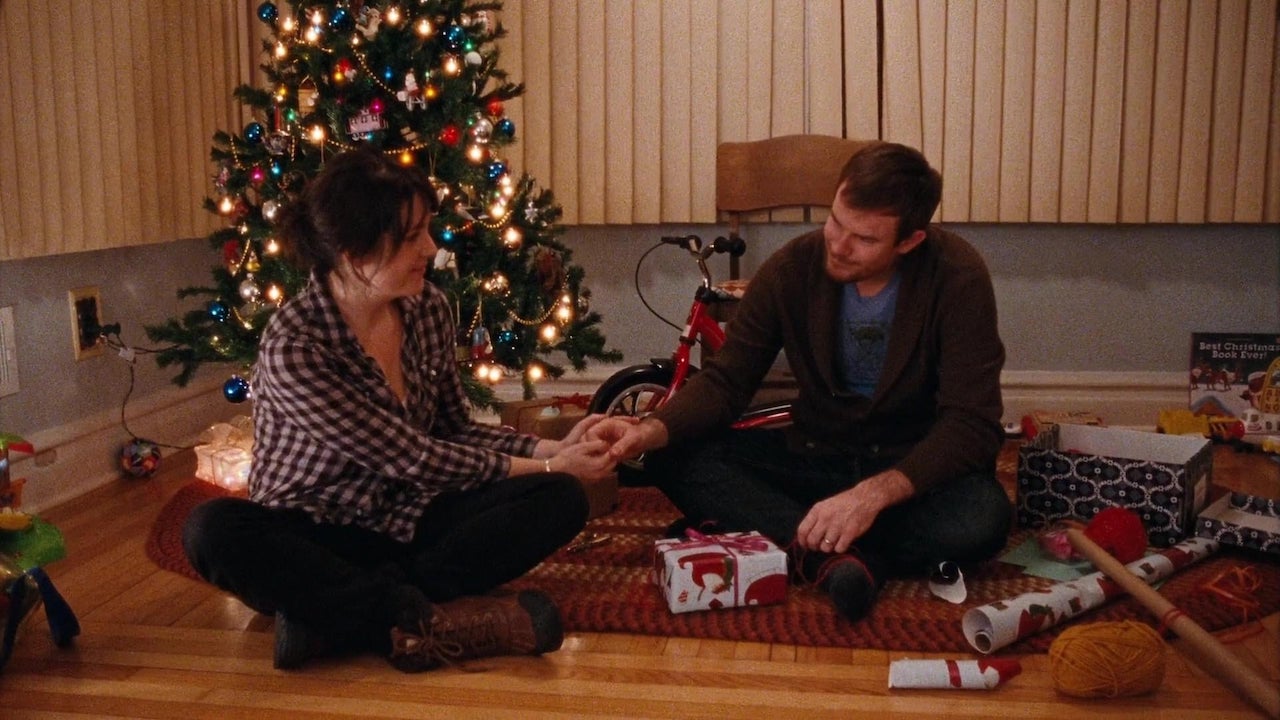
Happy Christmas (2014)
Mumblecore maven Joe Swanberg continued his transition into Hollywood-adjacent independent filmmaking with this familial comedy-drama about an unbuoyed young woman (Anna Kendrick) who becomes a force of change in the home of her brother (Swanberg) and his novelist wife (Melanie Lynskey). It’s low-key but deeply effective, letting you sense how emotional currents can significantly shift.
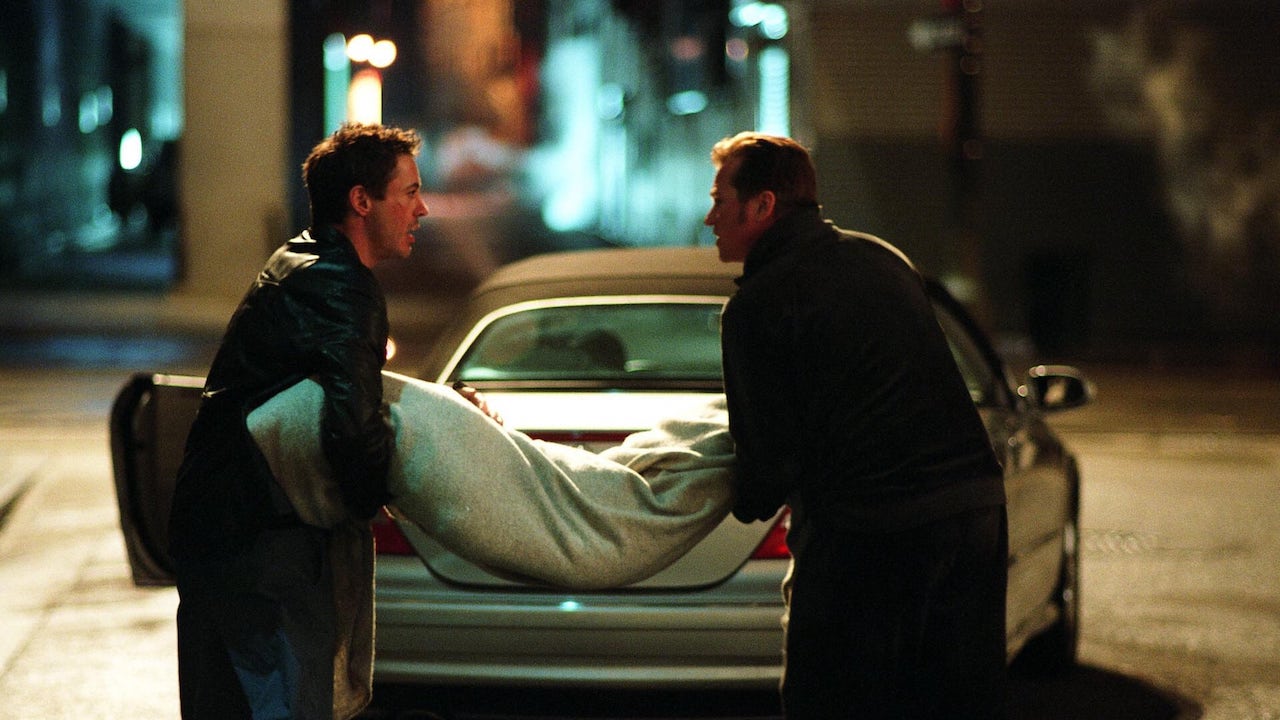
Kiss Kiss Bang Bang (2005)
Lethal Weapon creator Shane Black made a comeback with his directorial debut, a comical crime thriller about a petty criminal (Robert Downey Jr, just prior to Iron Man) who gets mistakenly cast as a criminal in a Hollywood film. With Val Kilmer as a gay private eye, it’s wisecracking film that is acidic about the movie business but given to a sentimental heart amidst the action set-pieces.
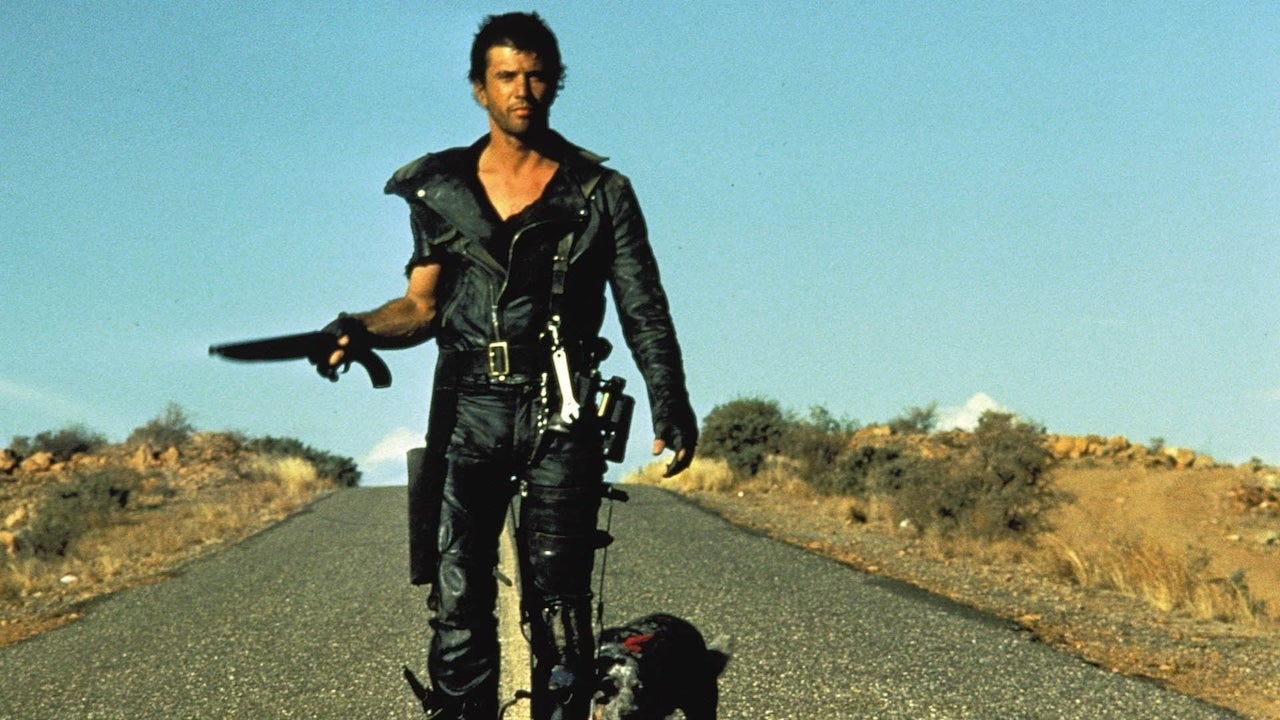
Mad Max 2 (1981)
The world is ending with a bang and not a whimper in George Miller’s first post-apocalyptic journey through an outback where the earth is as red as the spilt blood. With Mel Gibson as the anti-hero loner assisting an outpost besieged by punk marauders, this is action filmmaking made at an instinctive level, fuelled by the whine of overdriven engines and striking frontier imagery.
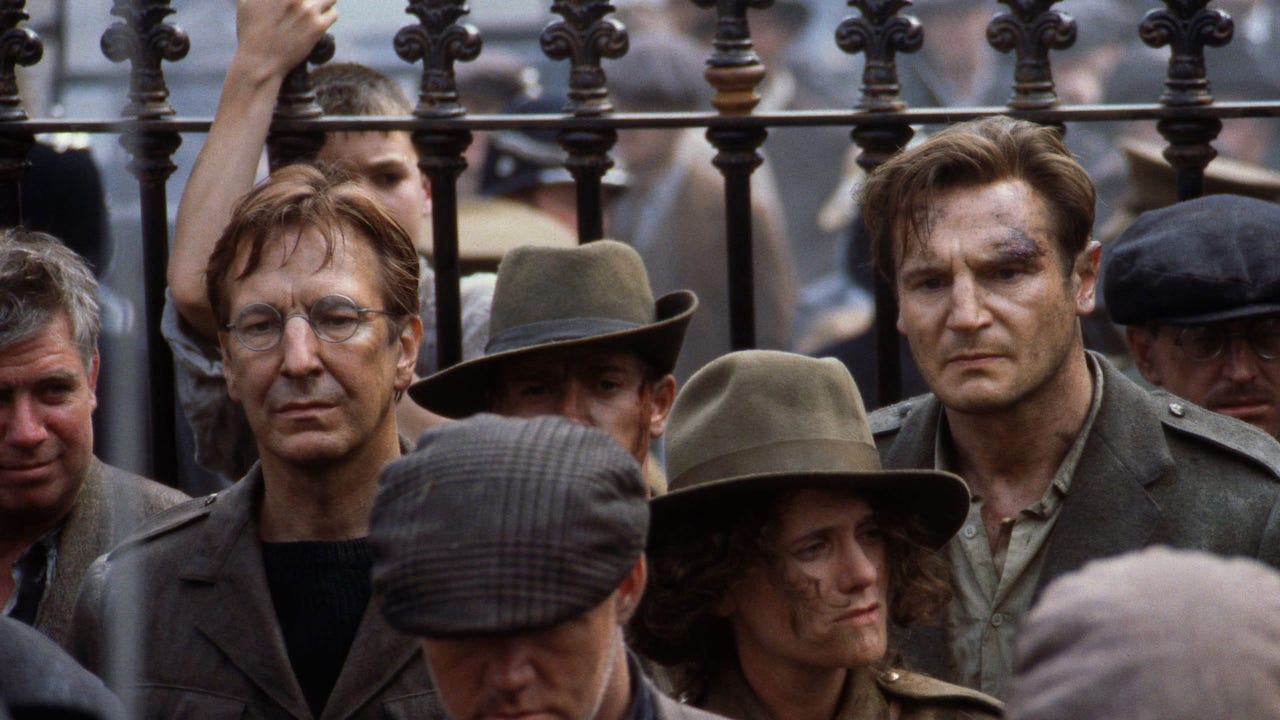
Michael Collins (1996)
A stirring political drama of the revolutionary battles, armed and philosophical, that led to Ireland’s independence from British repression just over a century ago, Neil Jordan’s biopic focuses on the Irish leader (Liam Neeson) who was a brilliant soldier but struggled politically. A stacked supporting cast includes Julia Roberts, shoehorned-in as a love interest to secure studio financing.

My Own Private Idaho (1991)
Written and directed by Gus Van Sant, with a smidgeon of Shakespeare in the story, this impressionistic and bittersweet study of a pair of Portland street hustlers—a never-better River Phoenix and Keanu Reeves—whose friendship is tinged with love is an emblematic arthouse feature, and a fine example of how naturalism and artifice can be intertwined.

The Notebook (2004)
The only Nicholas Sparks adaptation worth considering, this period romance about unrequited longing that follows a rich young woman and a working-class man is elevated by the performances of Rachel McAdams and Ryan Gosling, the candid strength of Gena Rowlands and James Garner’s framing roles, and the comparative discipline of Nick Cassavetes’ direction. They make the film work on its own terms.
The Nutty Professor (1963)
Quite possibly the masterpiece of Jerry Lewis’ far-flung Hollywood career, this multiple personality comedy updates Dr Jekyll and Mr Hyde with Lewis as a nebbish, downtrodden college professor—dig those teeth!—who invents a serum that turns him into a charming lothario. Sentiment, sarcasm, and genuine strangeness permeate the gags and inventive set-pieces.
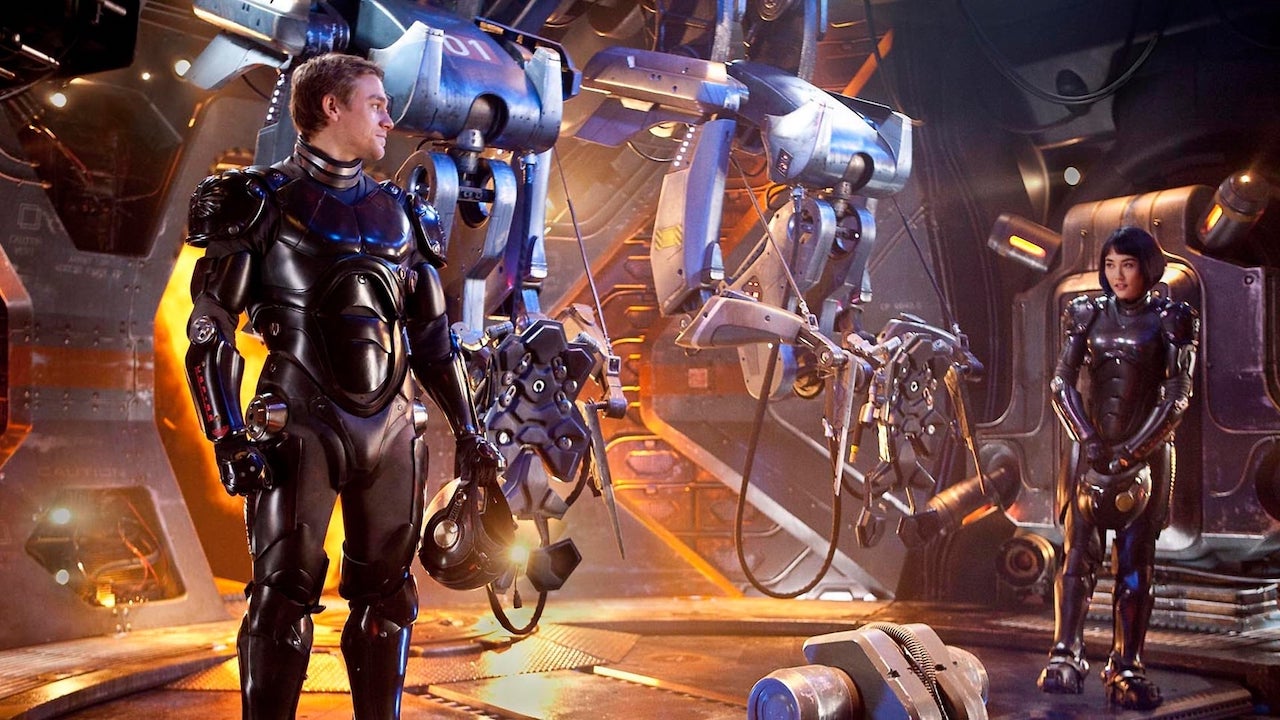
Pacific Rim (2013)
Guillermo del Toro lives out numerous filmmaker fantasies—kaiju monsters, giant mecha battle robots, eccentric scientists, and a movie star declaring “we are cancelling the apocalypse” (bless you, Idris Elba)—in this wildly entertaining and impeccably made mash-up, about giant robots fighting the alien behemoths invading our cities.
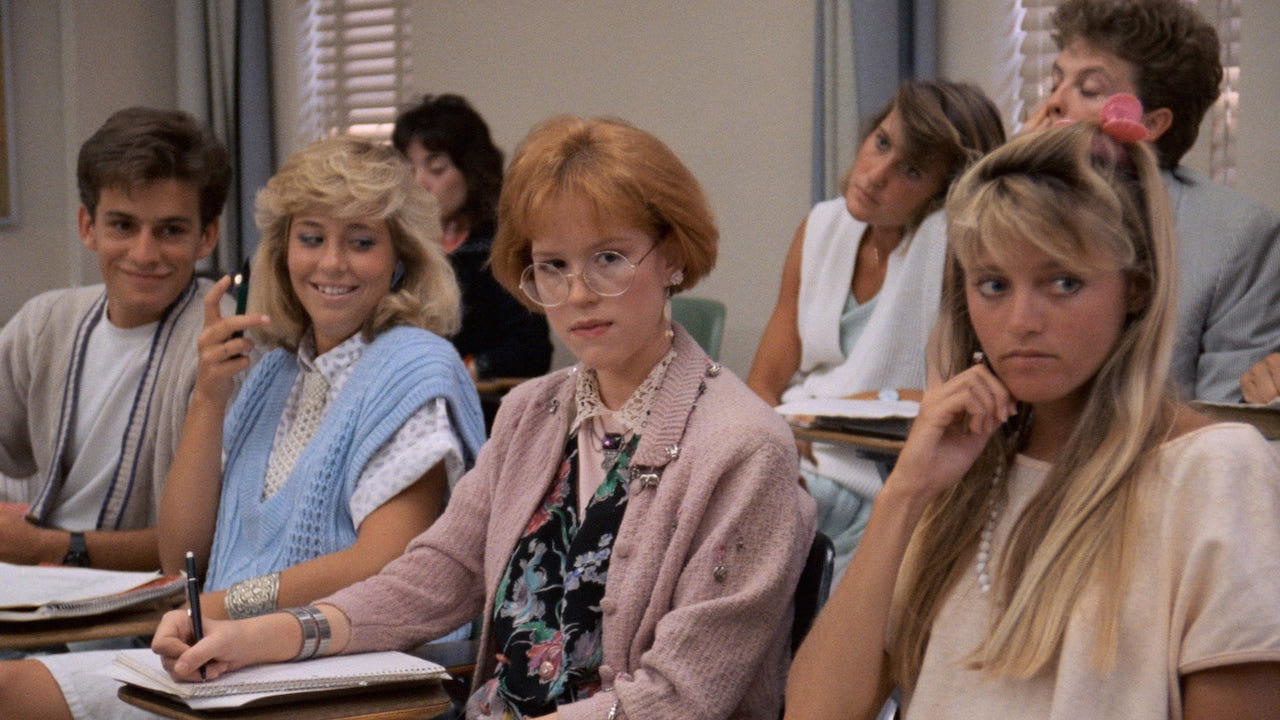
Pretty in Pink (1986)
The best of John Hughes’ 1980s teen movies—directed with yeoman-like attentiveness by Howard Deutch—is a coming-of-age tale for high school senior Andie (Molly Ringwald) that is alert to class, attraction, and the sheer uncooperative struggle of adolescence. And the soundtrack slays.
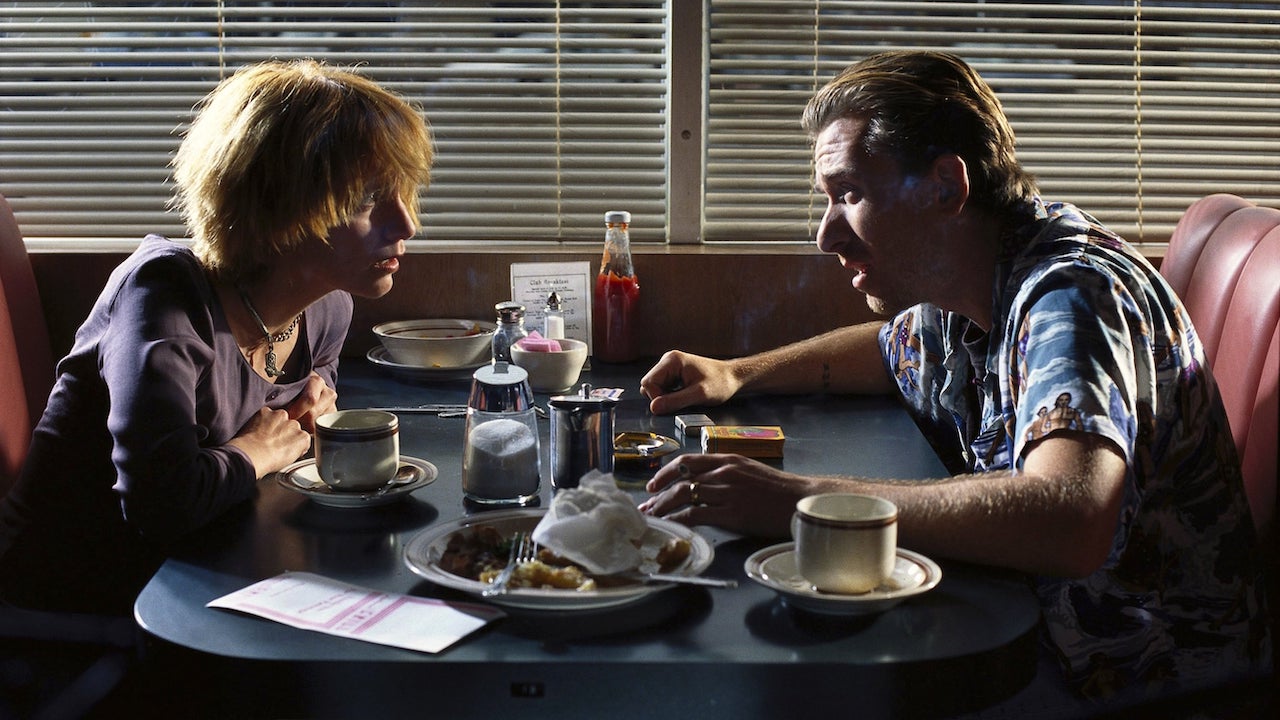
Pulp Fiction (1994)
A before-and-after line for American filmmaking. Nearly a quarter century old, Quentin Tarantino’s joyous dive into the mores of L.A. crime, narrative illusion, and actual conversations between men and women still crackles with delectable energy.
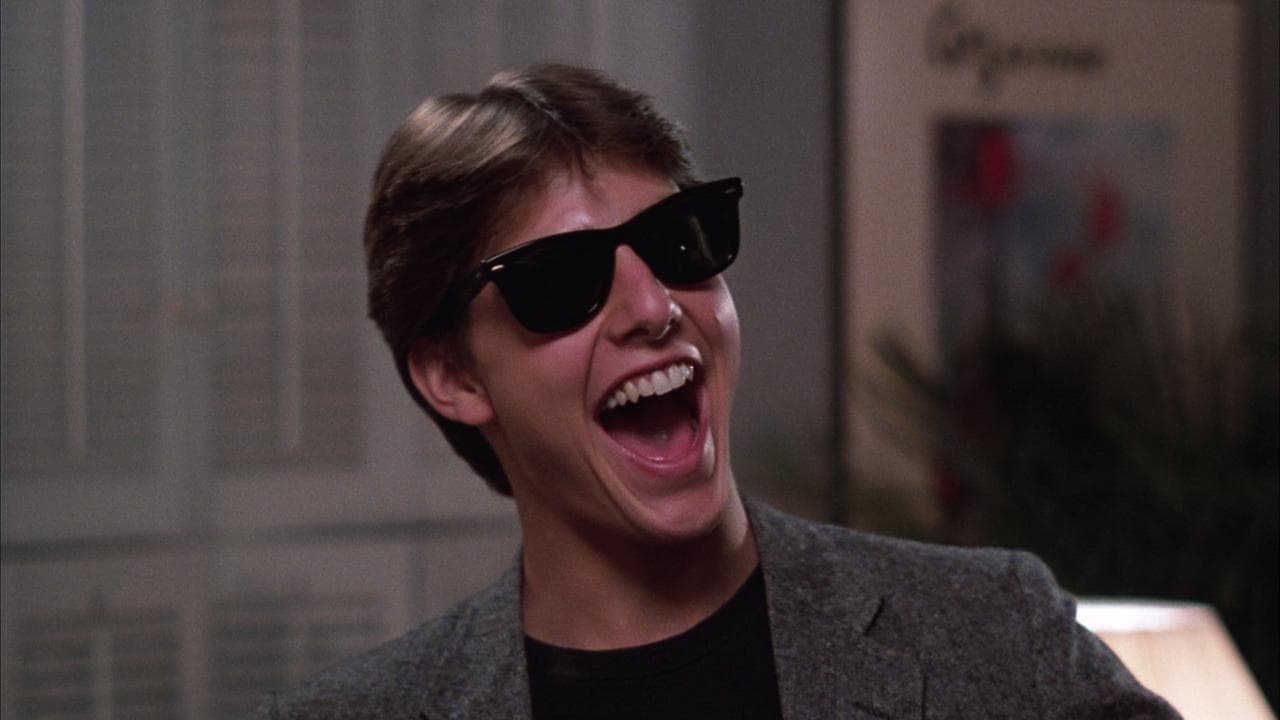
Risky Business (1983)
Before he became the cinema’s unrelenting action man, Tom Cruise pulled off one of the great teen coming-of-age performances in this twisty, teasing comedy about a high school senior who reinvents himself to the heights of 1980s fantasy with a memorable assist from Rebecca De Mornay’s escort. There’s more to this than the iconic scene you already know.
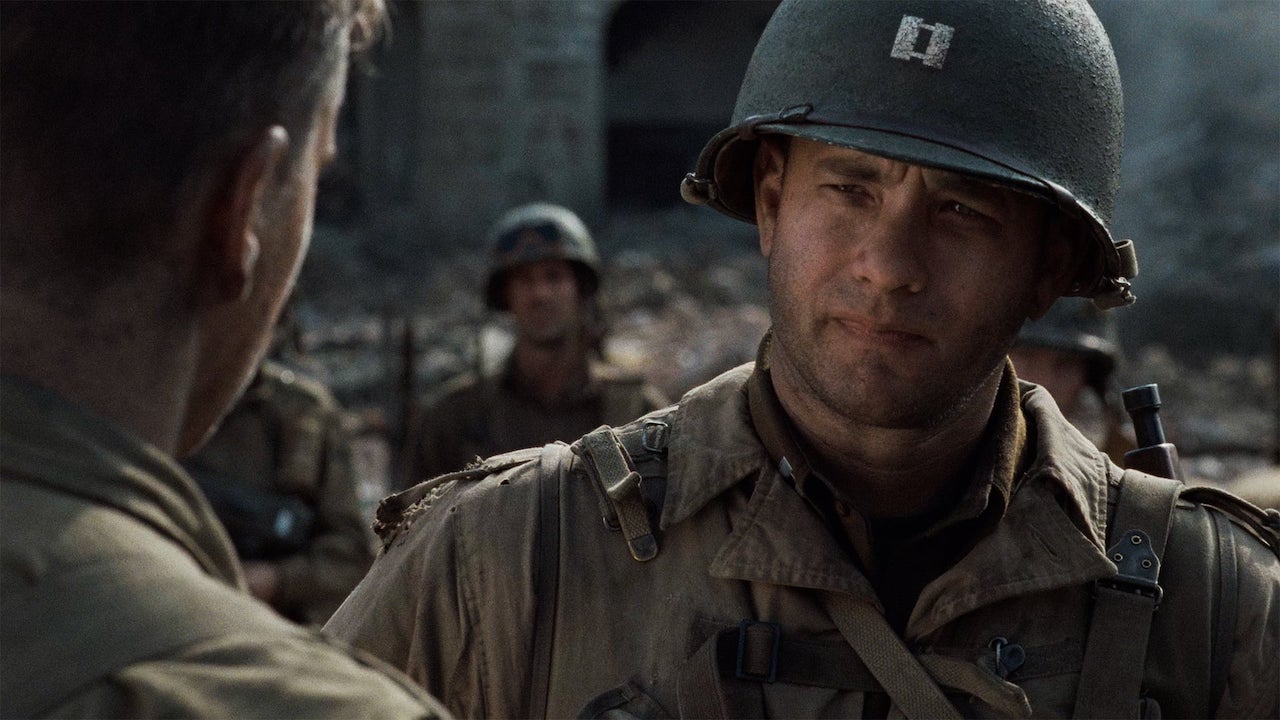
Saving Private Ryan (1998)
No-one was prepared for the elemental fury and unrelenting carnage Steven Spielberg choreographed for the extended opening sequence of this World War II drama, where Tom Hanks leads his unit on a bloody amphibious assault. The rest of Saving Private Ryan, a rescue mission for Matt Damon’s young paratrooper, is episodic, but the movie’s physicality is immersive even as it builds to a storybook finale.

Serpico (1973)
No-one captured the corrupt fiefdoms of the 1970s New York Police Department better than Sidney Lumet, who in this tense drama based on real life events cast Al Pacino as Frank Serpico, a beat cop turned detective whose refusal to join in the bribe-taking scares his colleagues. More a stubborn loner than an idealist, Serpico simmers with discontent and self-destructive anger as the system gives him no way out.
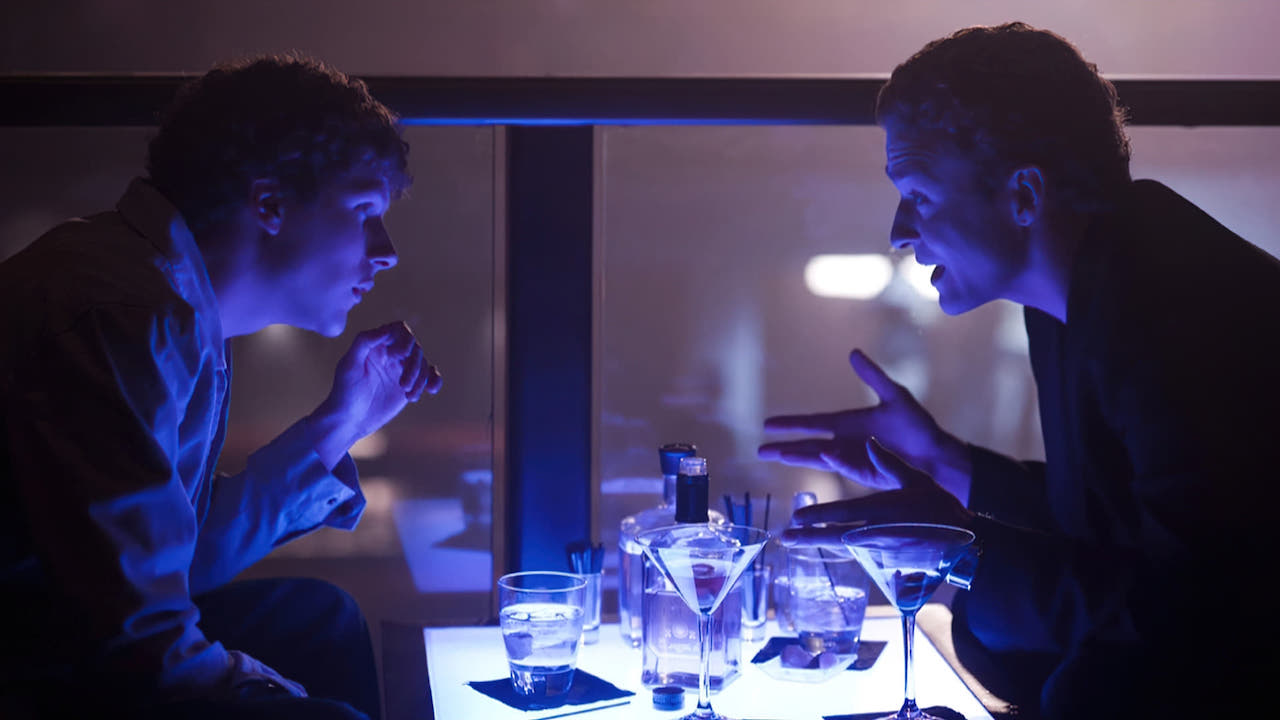
The Social Network (2010)
The boys club went online with the digital age, so director David Fincher and screenwriter Aaron Sorkin bookend the riveting origin story of Facebook with co-founder Mark Zuckerberg’s telling dissection via characters played by Rooney Mara and Rashida Jones. With its echoes of Citizen Kane, the movie examines American success, with Jesse Eisenberg’s Zuckerberg ultimately closest to those who sue him.
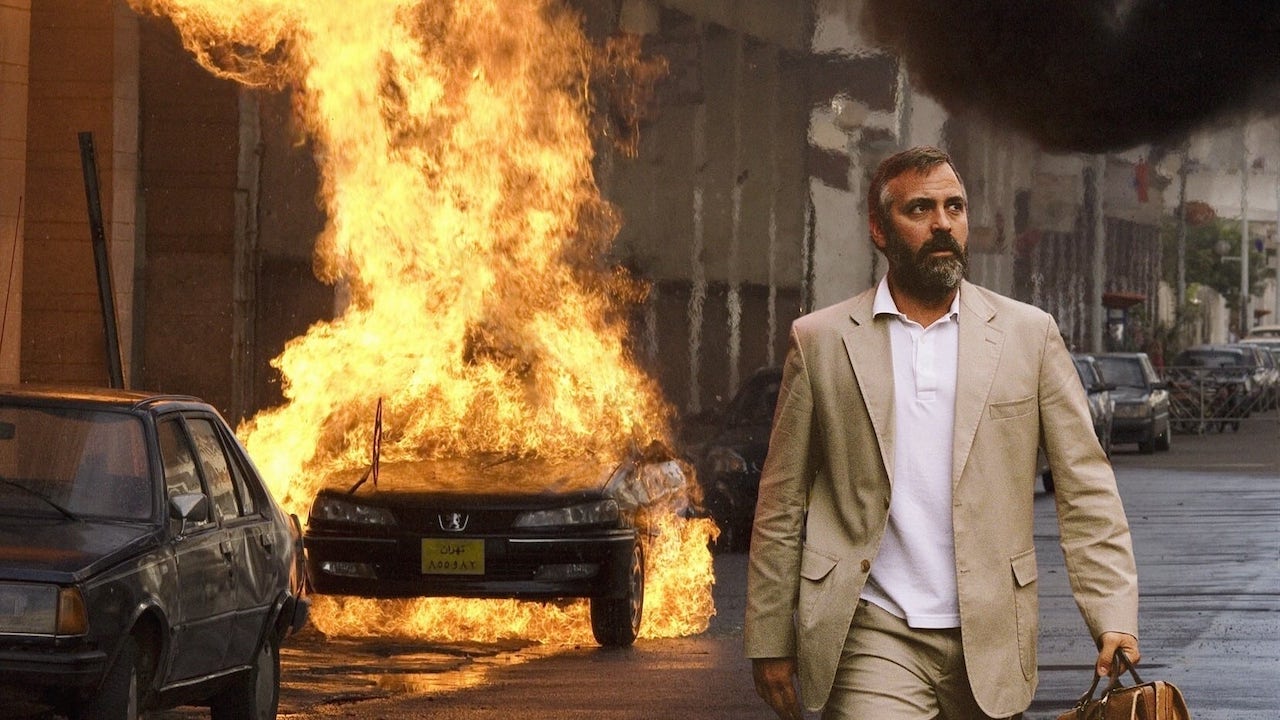
Syriana (2005)
A murky evocation of America’s interlaced foreign policy and covert warfare in the years following 9/11, Stephen Gaghan’s storylines tie together a burnt-out CIA agent (George Clooney), ambitious energy analyst (Matt Damon), and corporate lawyer (Jeffrey Wright). Gaghan makes the system corrupting but impenetrable—an overwhelming experience that is better experienced than explained.
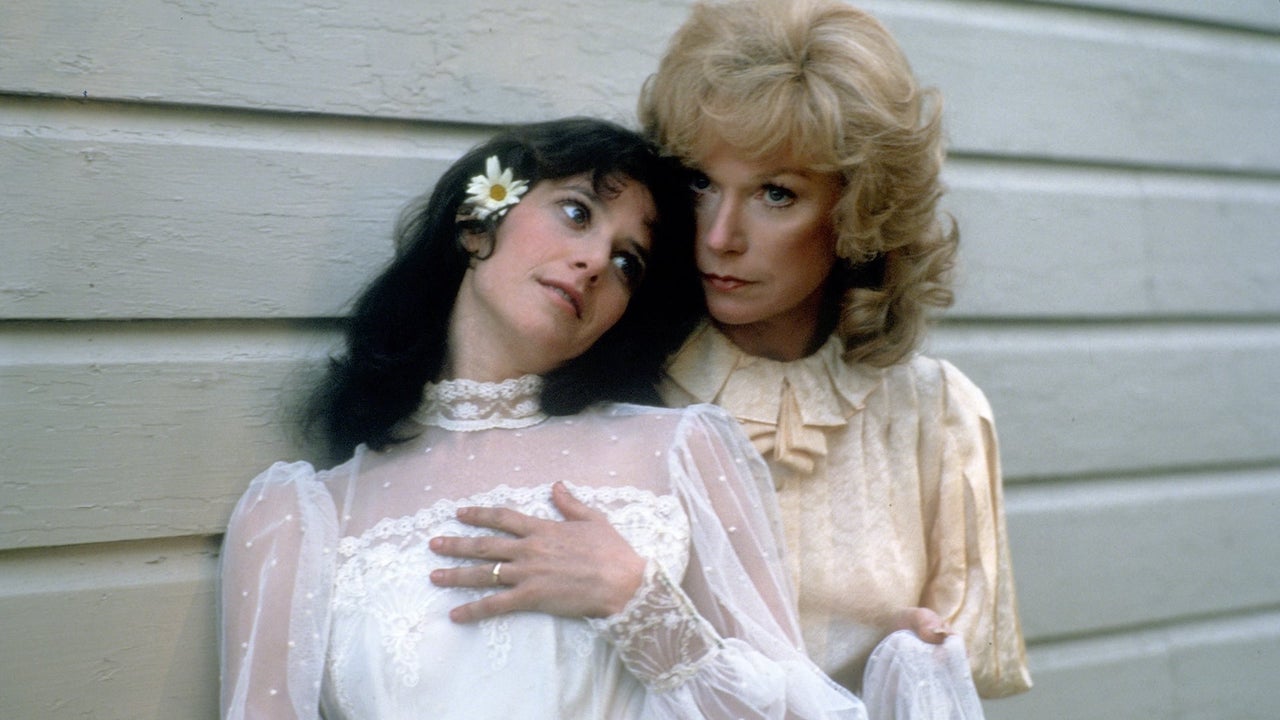
Terms of Endearment (1983)
James L. Brooks became a leading Hollywood filmmaker with this bittersweet and sometimes funny family drama, which updated the mother-daughter dynamic through Shirley MacLaine’s widow and Debra Winger’s rebellious adult daughter. With Jack Nicholson as the former astronaut living next door, it tugs at the heartstrings but also hits on deep emotional truths.
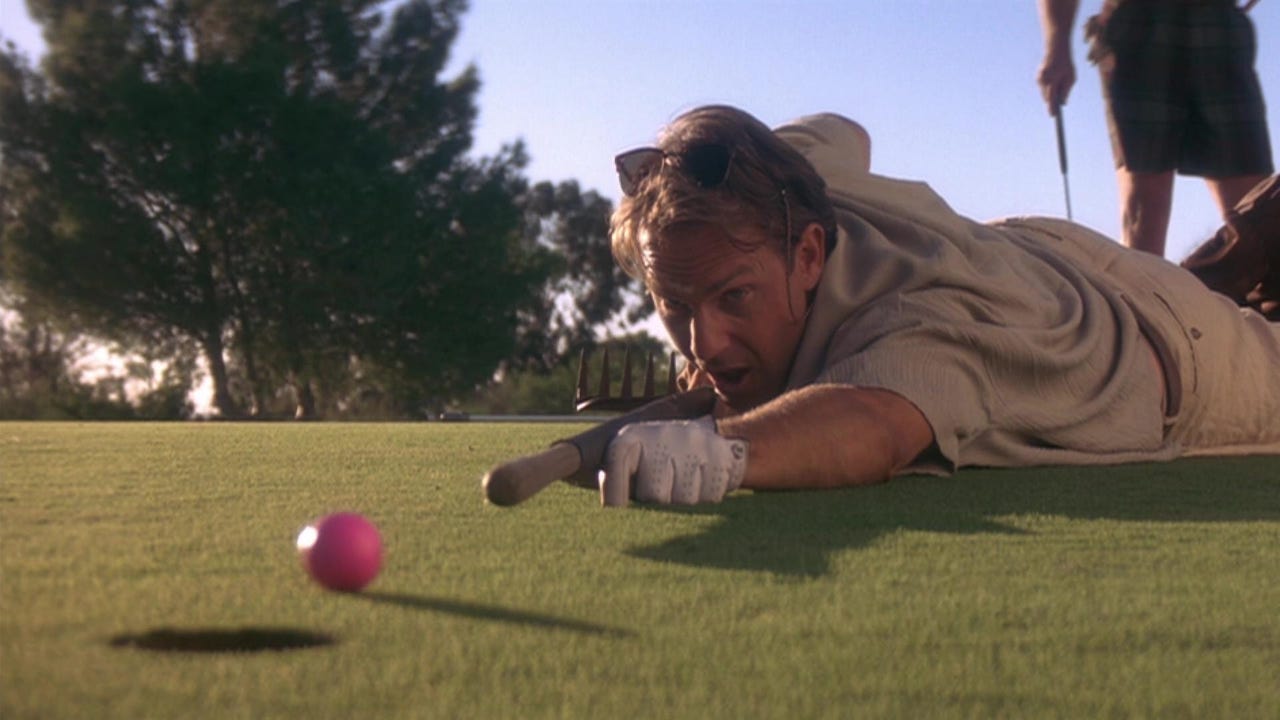
Tin Cup (1996)
For a good 10 years Ron Shelton did wonders with the sports film for Hollywood—Bull Durham had sexual spark and baseball insight, White Men Can’t Jump celebrated basketball hustlers, and Cobb was a scathing historic reassessment. The pleasing Tin Cup had golf as a backdrop, with Kevin Costner as a failed Texas pro who gets back in the game after giving lessons to the girlfriend (Renee Russo) of an old rival (Don Johnson).
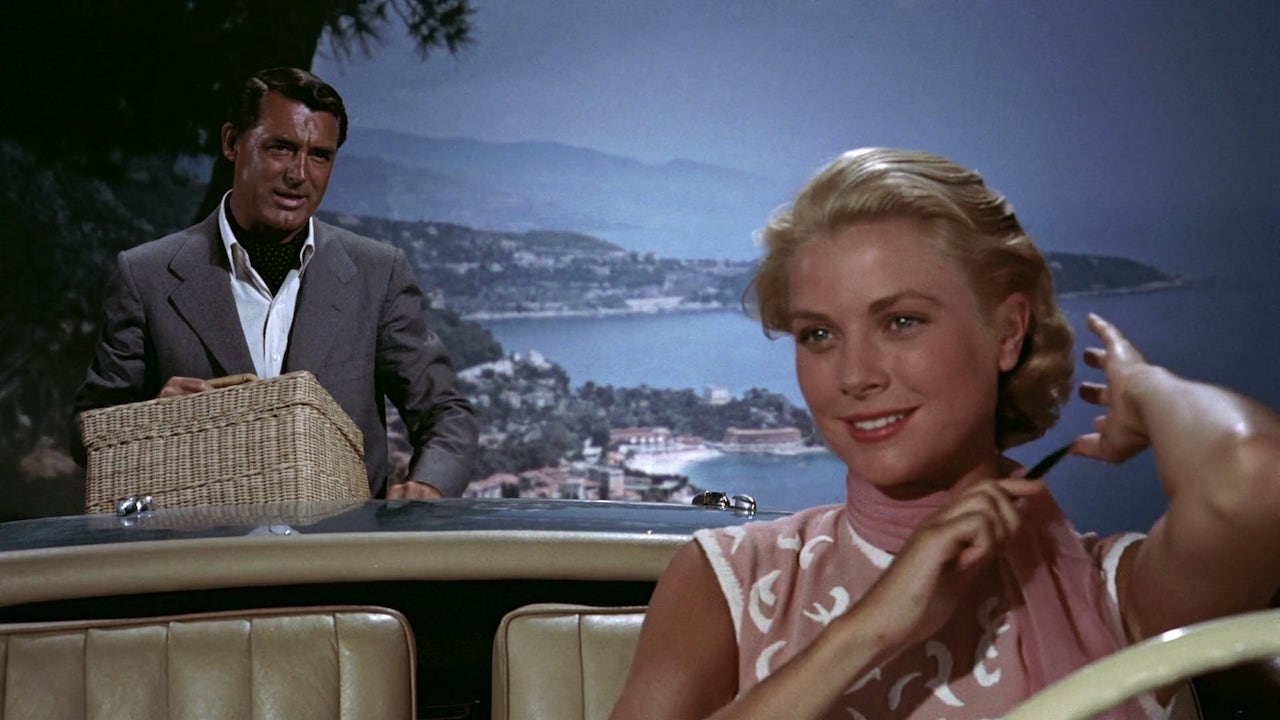
To Catch a Thief (1955)
A 24-carat Alfred Hitchcock classic, this delectable romantic thriller stars Cary Grant as a retired cat burglar whose idyllic French Riviera life is upended by a copycat whose crimes he’s implicated for. With Grace Kelly as Grant’s wealthy foil, there’s a piquant pleasure to the dialogue and ample opportunity for the director to twist the audience’s attention.
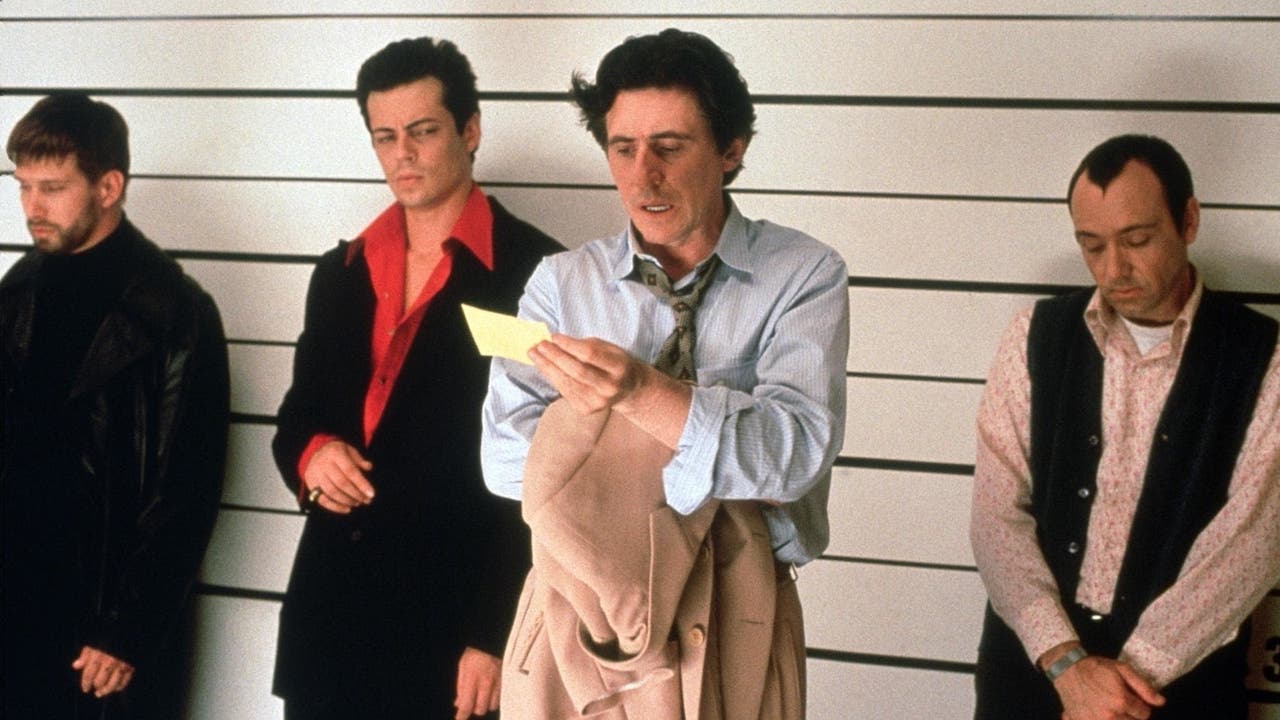
The Usual Suspects (1995)
Gabriel Byrne, Benicio Del Toro (wonderfully indecipherable), Kevin Spacey and Stephen Baldwin are members of a criminal crew thrown together by official vindictiveness who decide to strike back, only to find themselves in so deep that there are boats full of bodies and a witness who makes Hungarian sound like the most fearful of languages. It’s an updated noir thriller—where both the light and hopes of survival flicker.
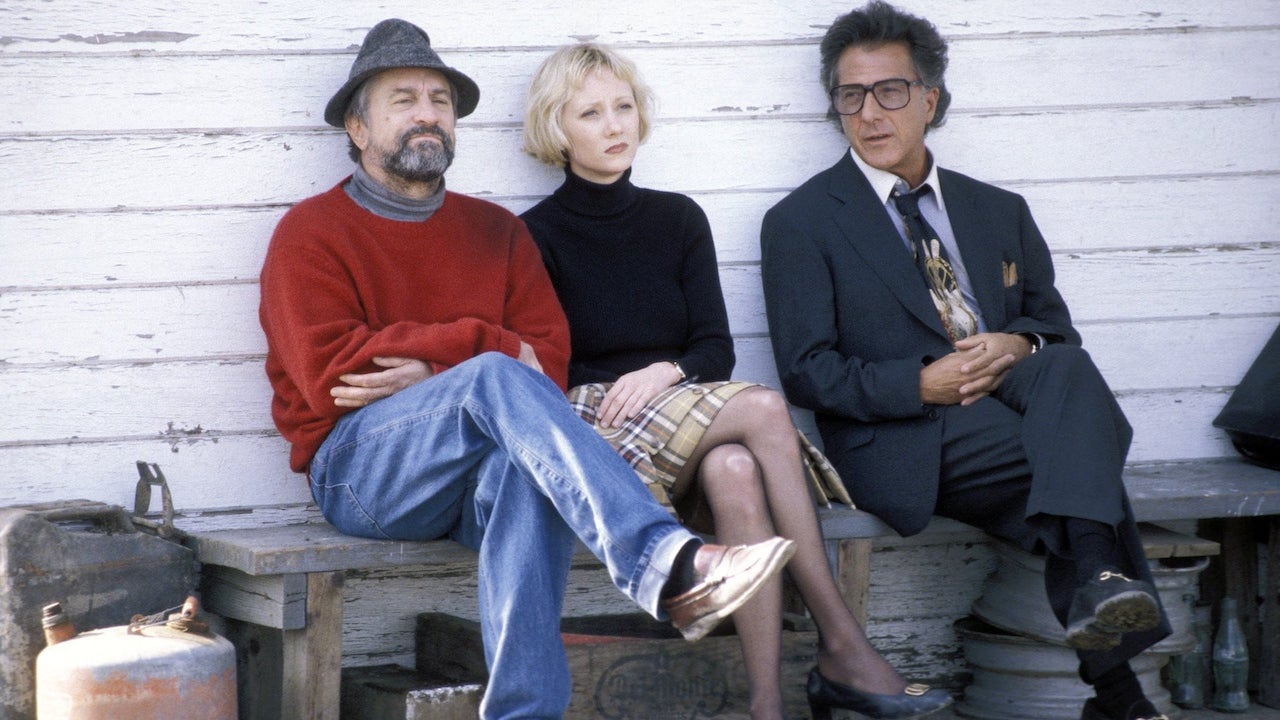
Wag the Dog (1997)
A Hollywood satire that serves as a predecessor to Veep and The Thick of It, Barry Levinson’s comedy stars a mercurial Robert De Niro as the political fixer who recruits an arrogant Hollywood producer (Dustin Hoffman doing his best Robert Evans) to help him cover up a Presidential scandal by manufacturing a fake war. Driven by acid humour then, it’s prescient now.
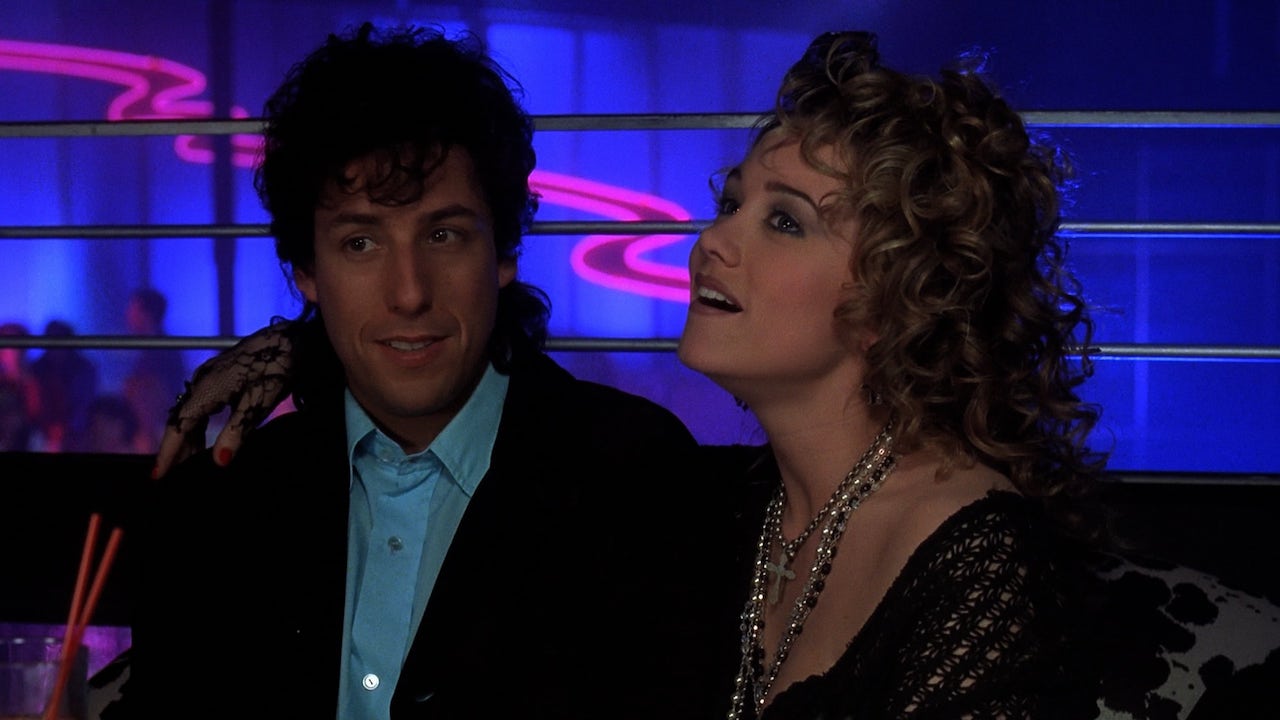
The Wedding Singer (1998)
Drew Barrymore subtly wields numerous screen talents, one of which is that she repeatedly put Adam Sandler in the best possible light. Her guileless waitress is the perfect foil for Sandler’s despairing musician who has been left at the altar in this goofy 1980s-set romantic comedy. It has all of Sandler’s tropes (and buddy cameos), but Barrymore makes the back-and-forth shine.
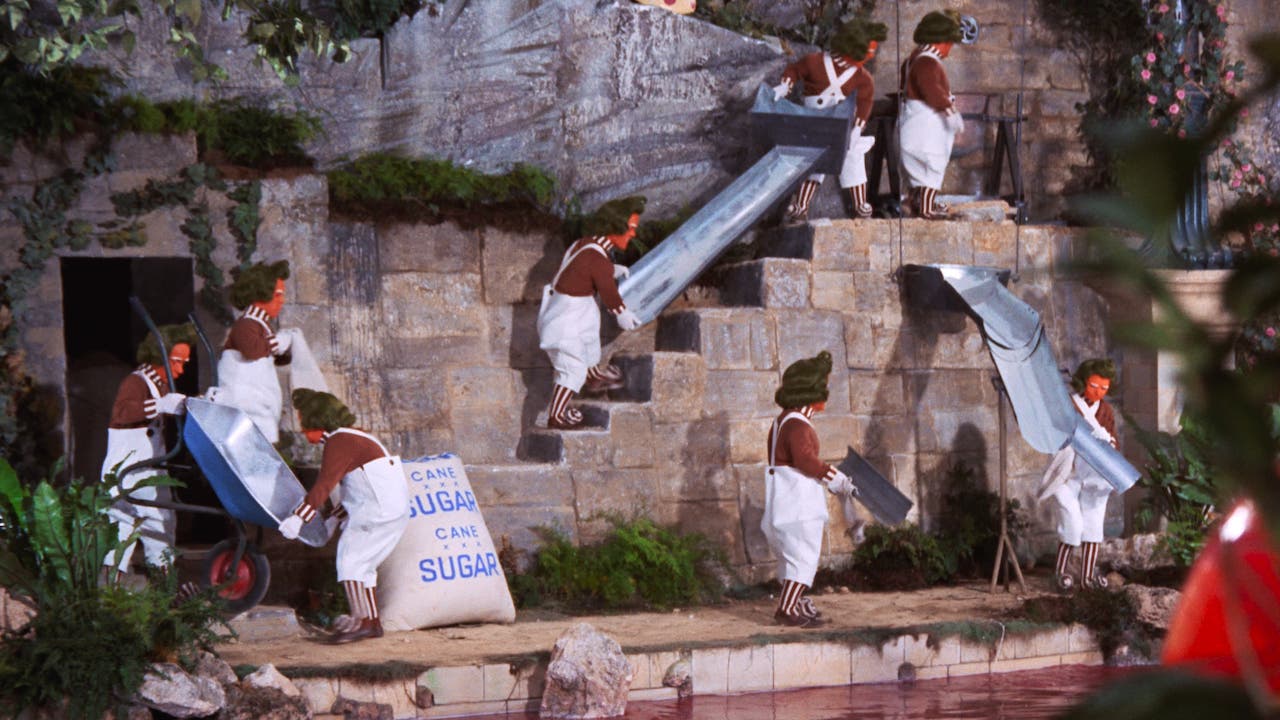
Willy Wonka & the Chocolate Factory (1971)
Roald Dahl adapted—somewhat unhappily—his 1964 novel children’s fantasy Charlie and the Chocolate Factory for Hollywood, and the story of a reclusive sweets magnate and the children he allows into his factory created the iconic title role for Gene Wilder, who brought sweetness and a sharp edge to an offbeat adventure that doesn’t pander to its target audience.
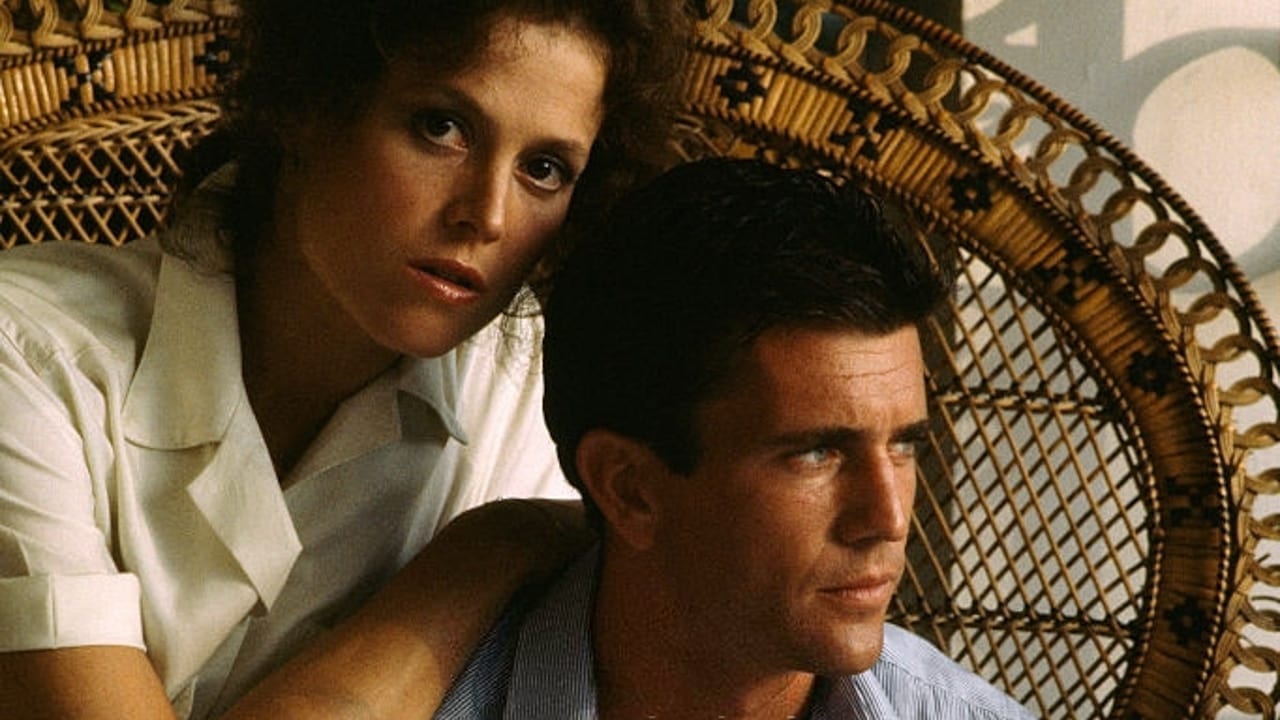
The Year of Living Dangerously (1982)
Between Gallipoli and Witness, the great Peter Weir made this atmospheric update of the foreign correspondent drama, with Mel Gibson as a young reporter whose hunger for success in the politically fraught 1960s Indonesia leads him downwards—even as he’s drawn to Sigourney Weaver’s diplomat. As a local fixer, Linda Hunt rightfully won the Oscar for Best Supporting Actress.

